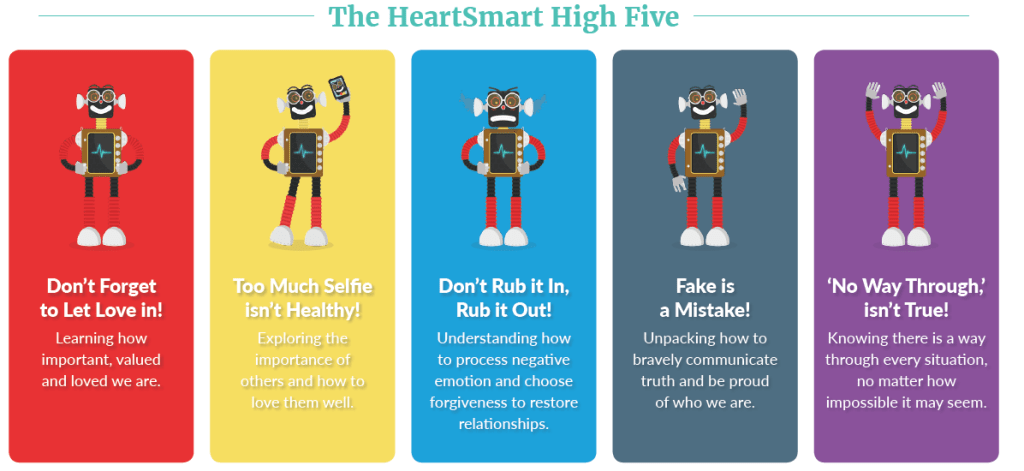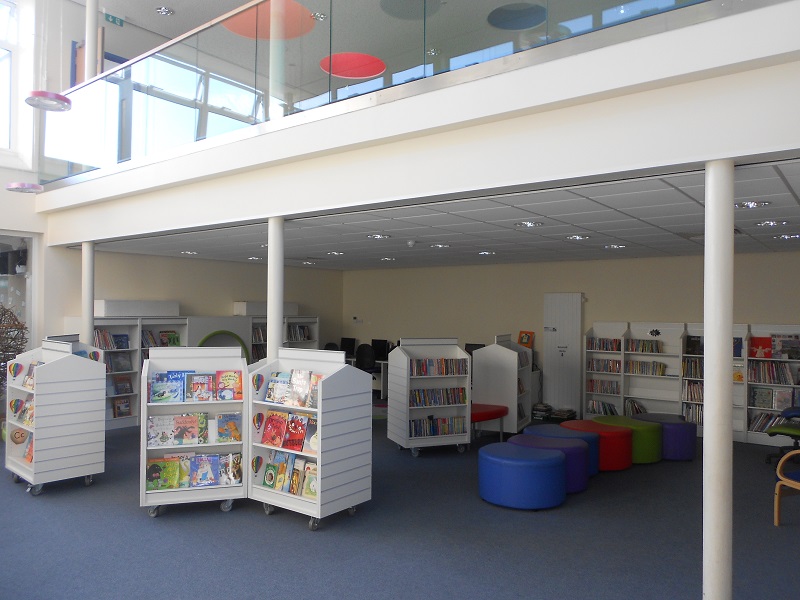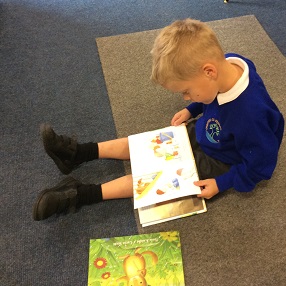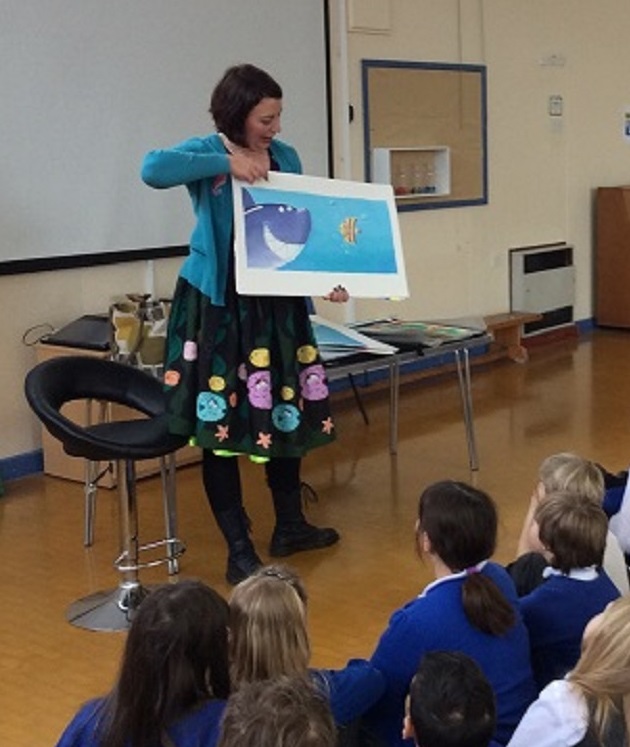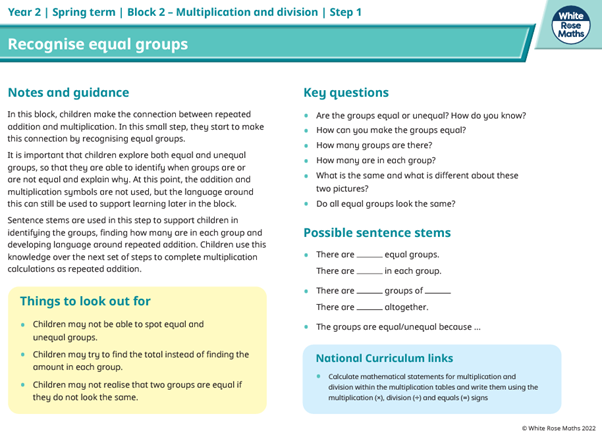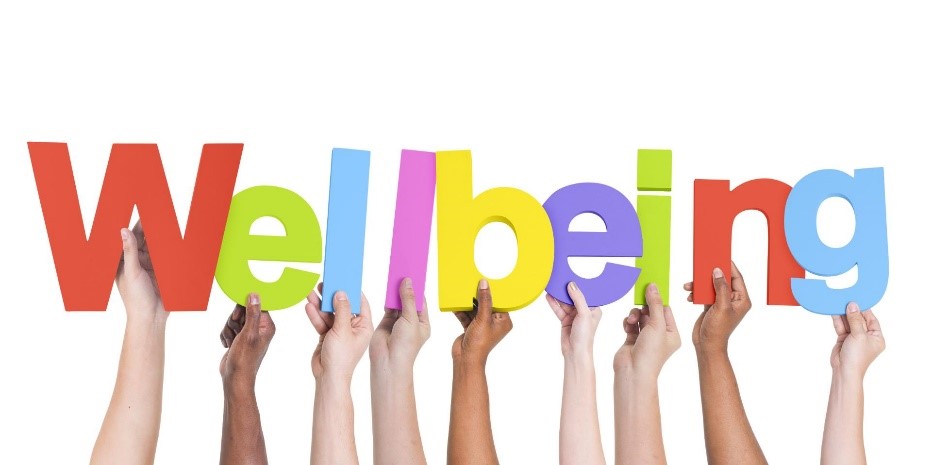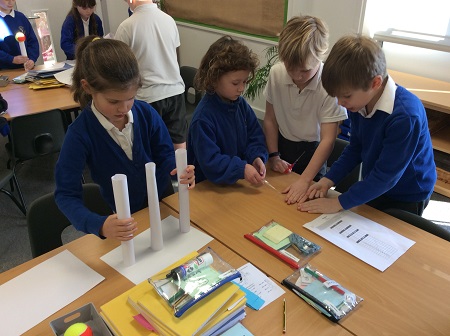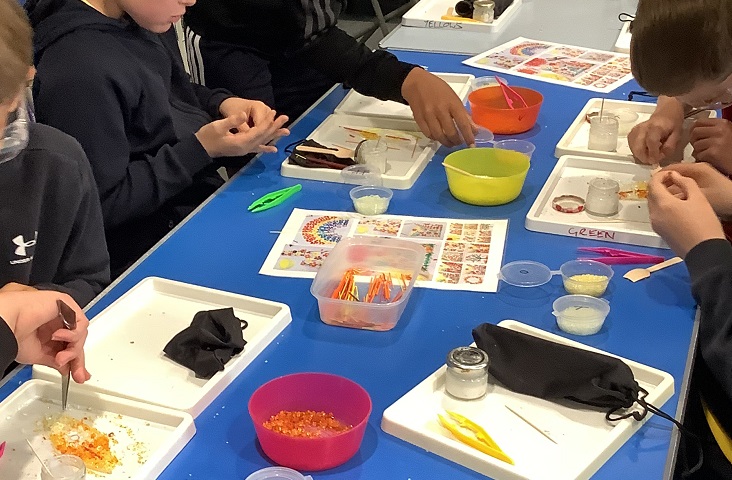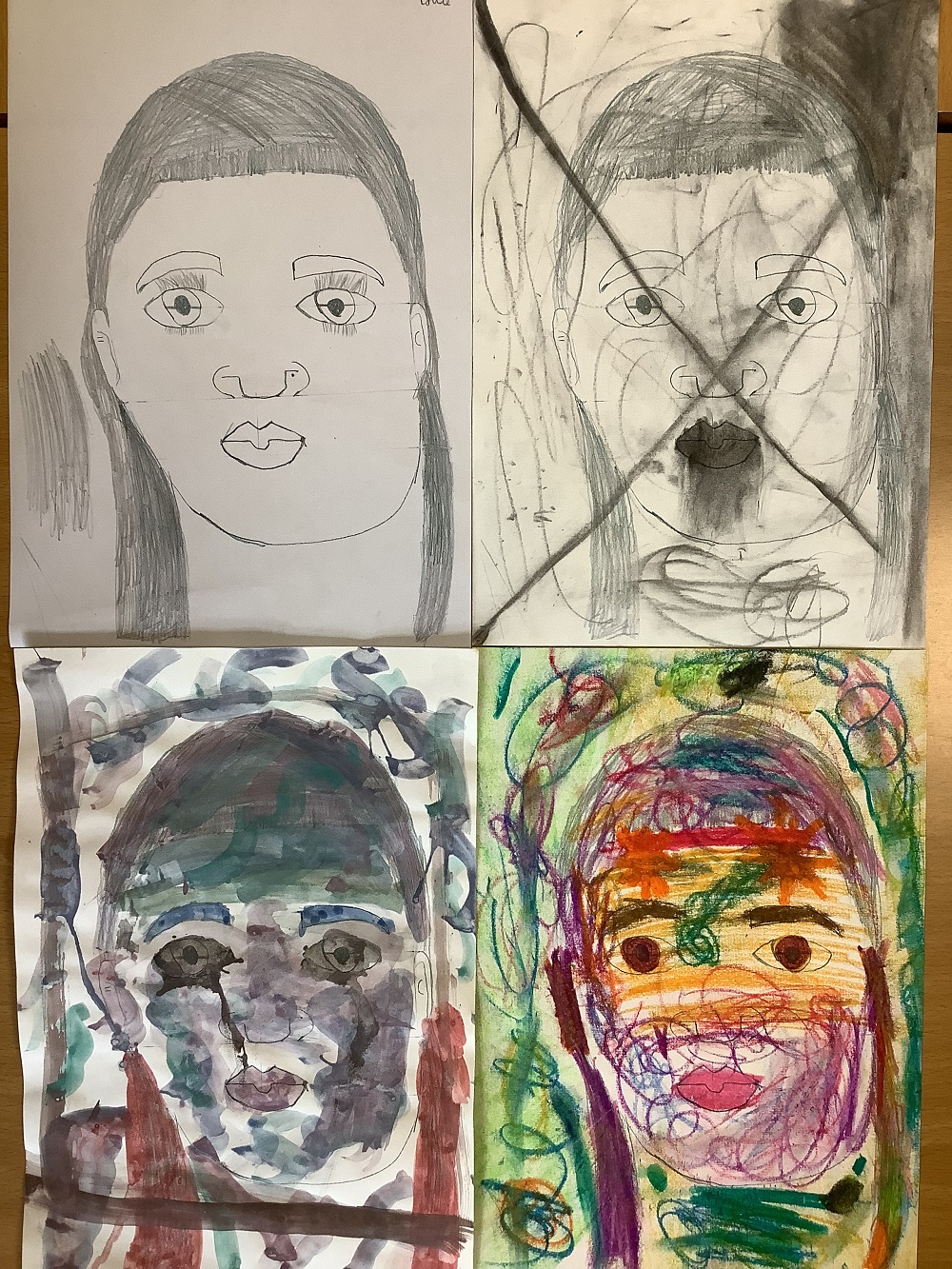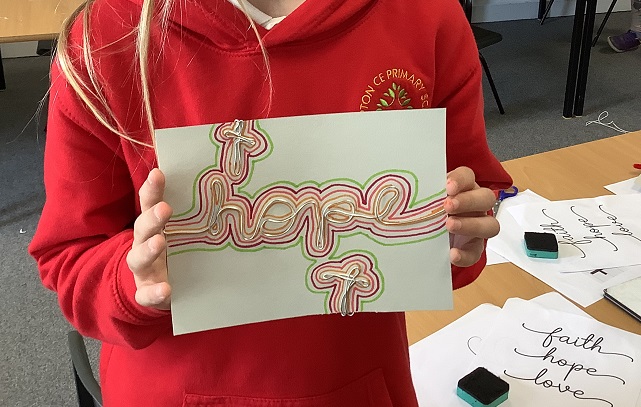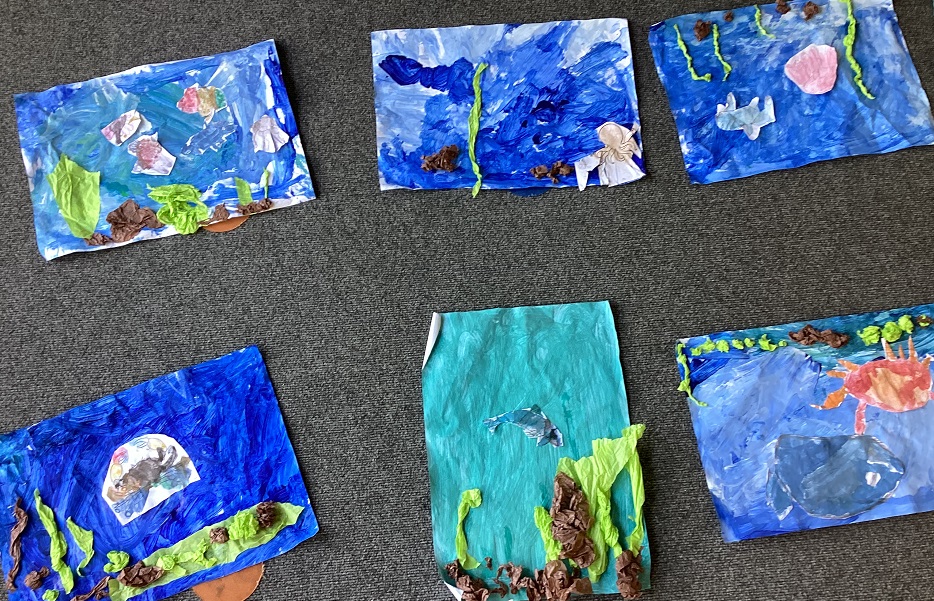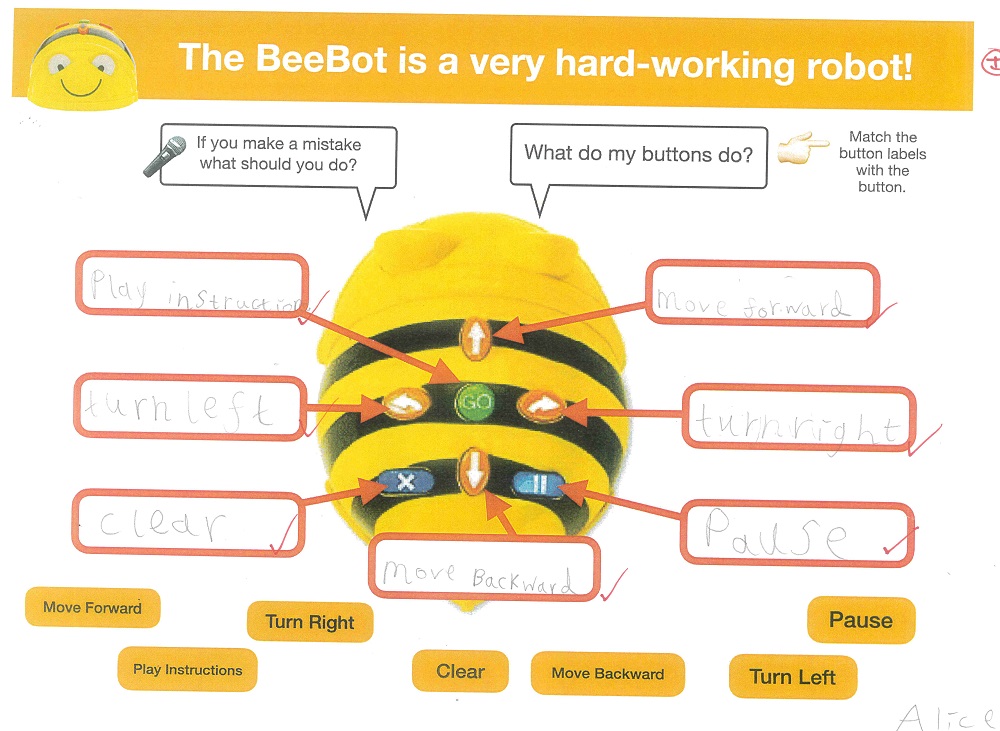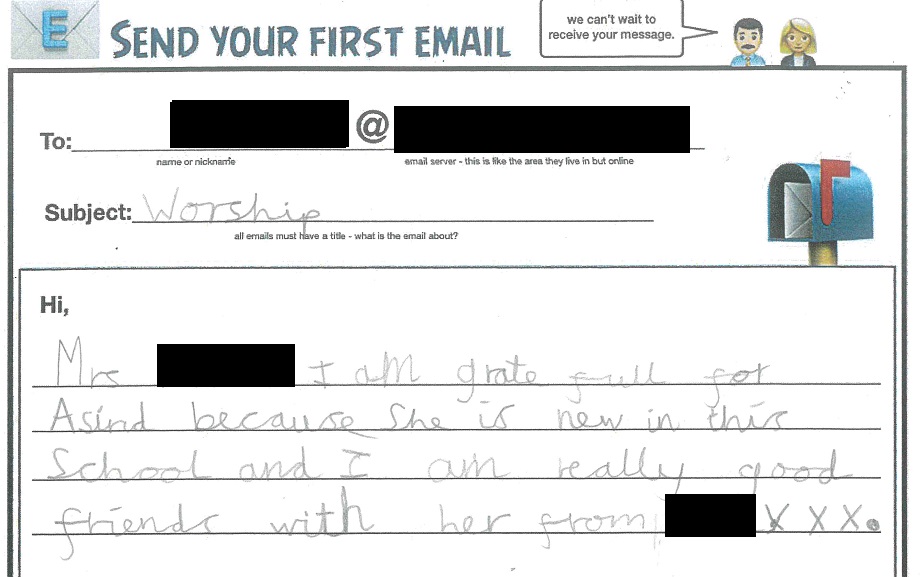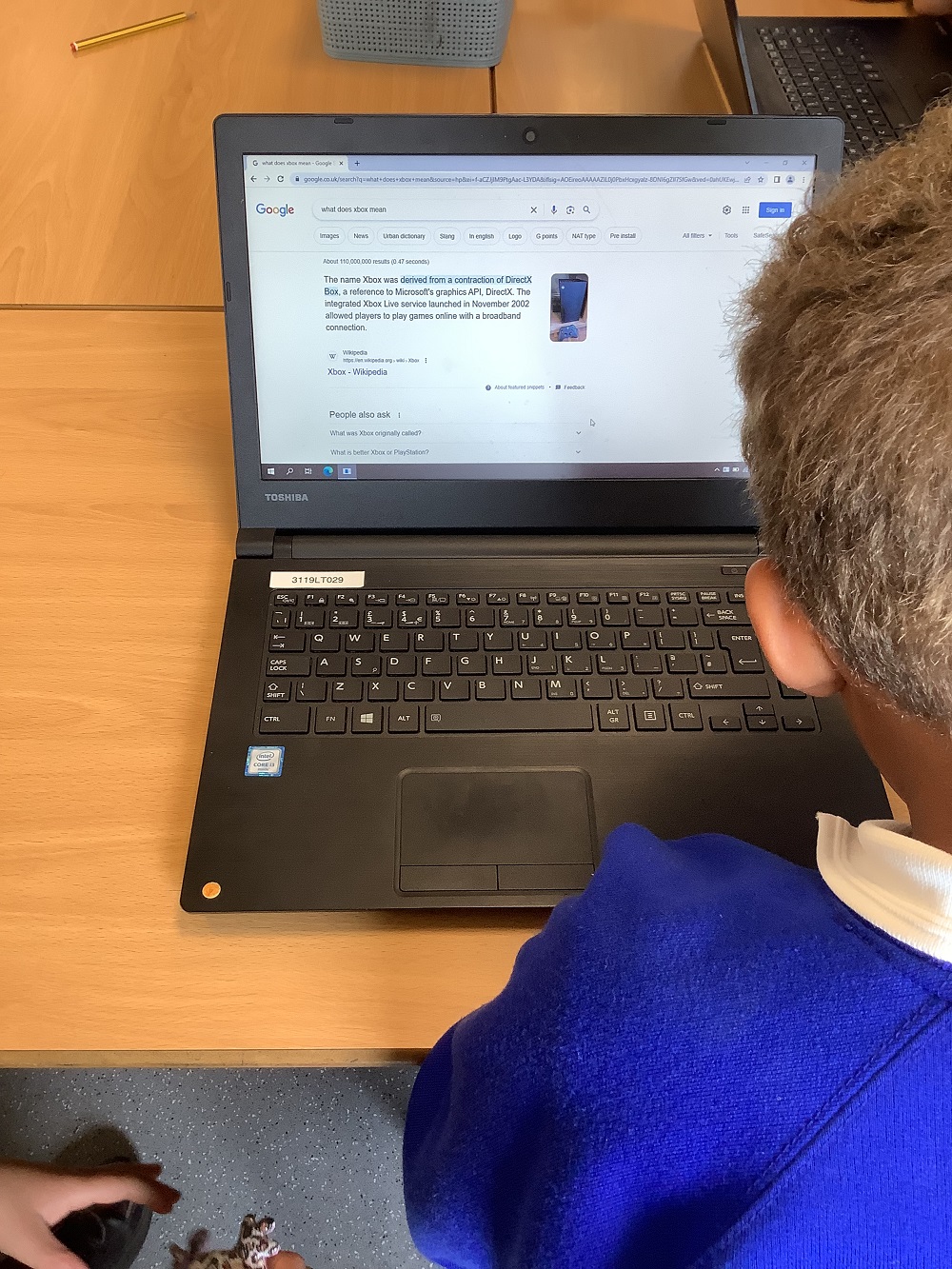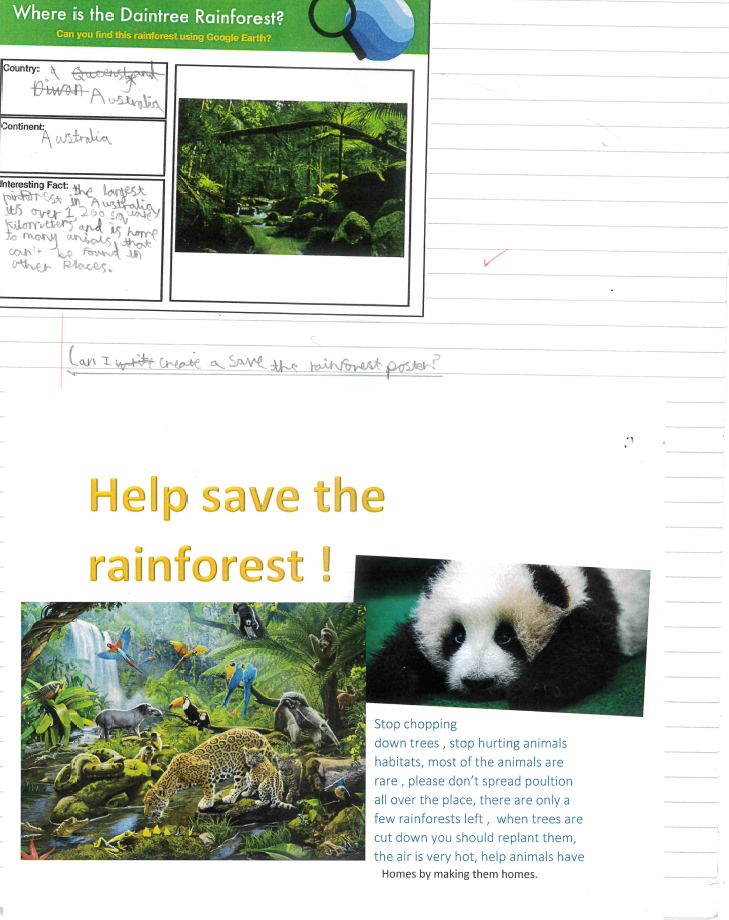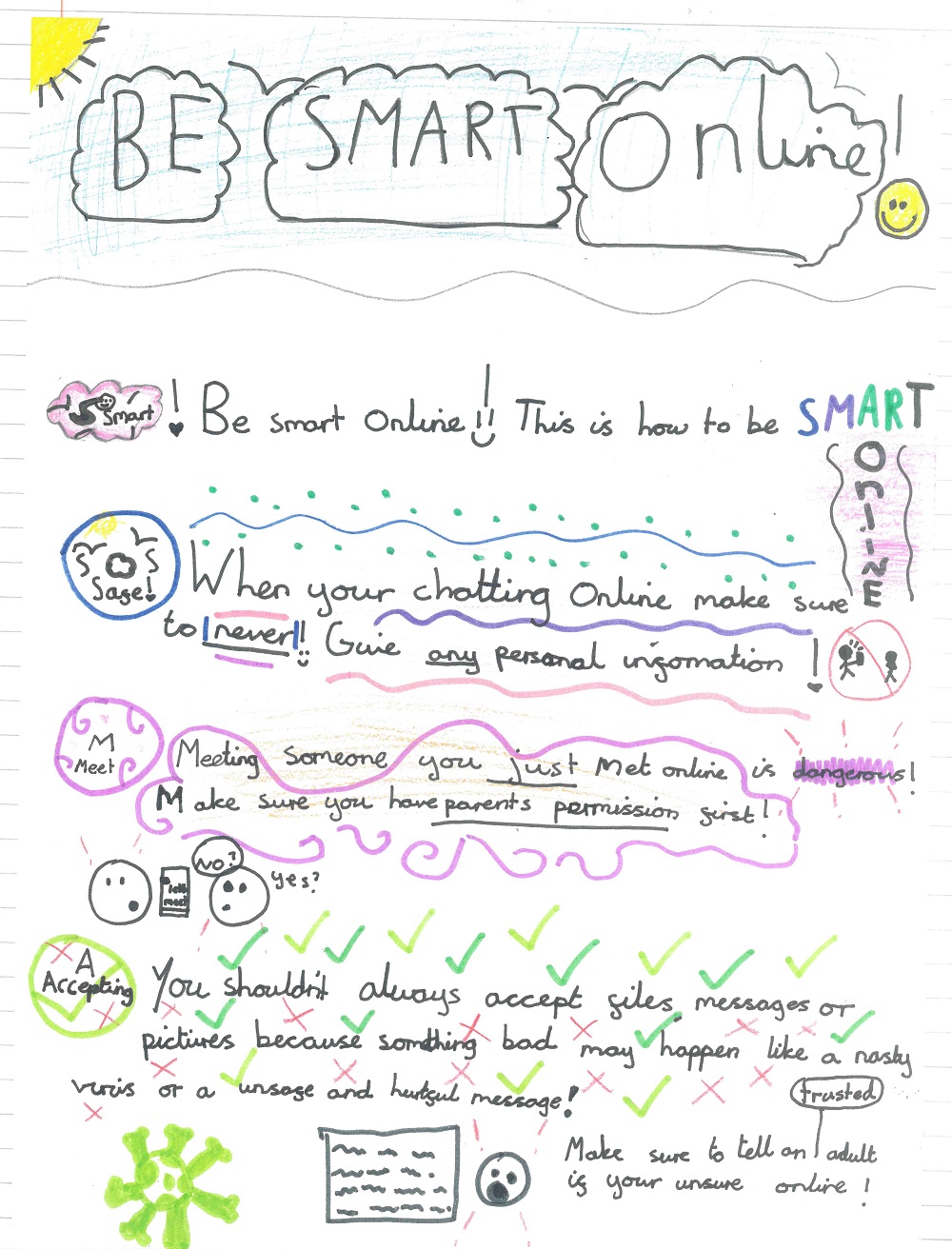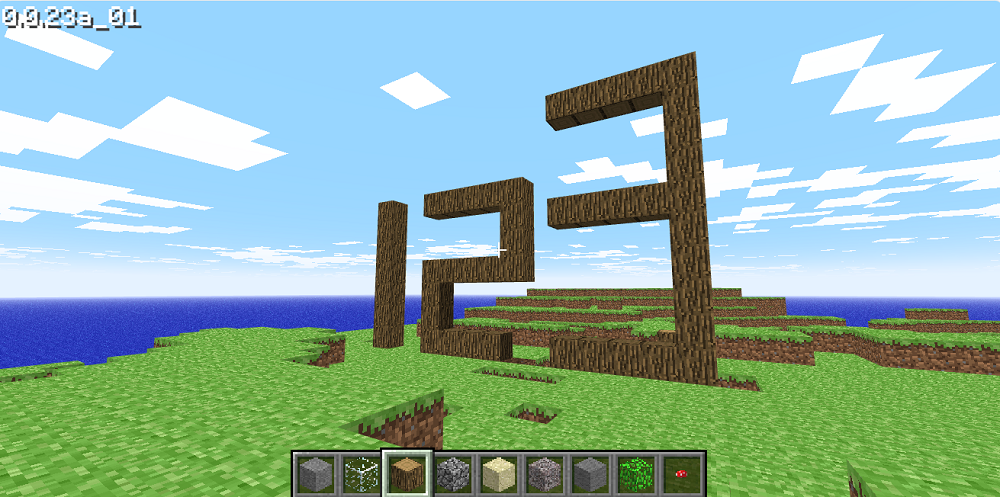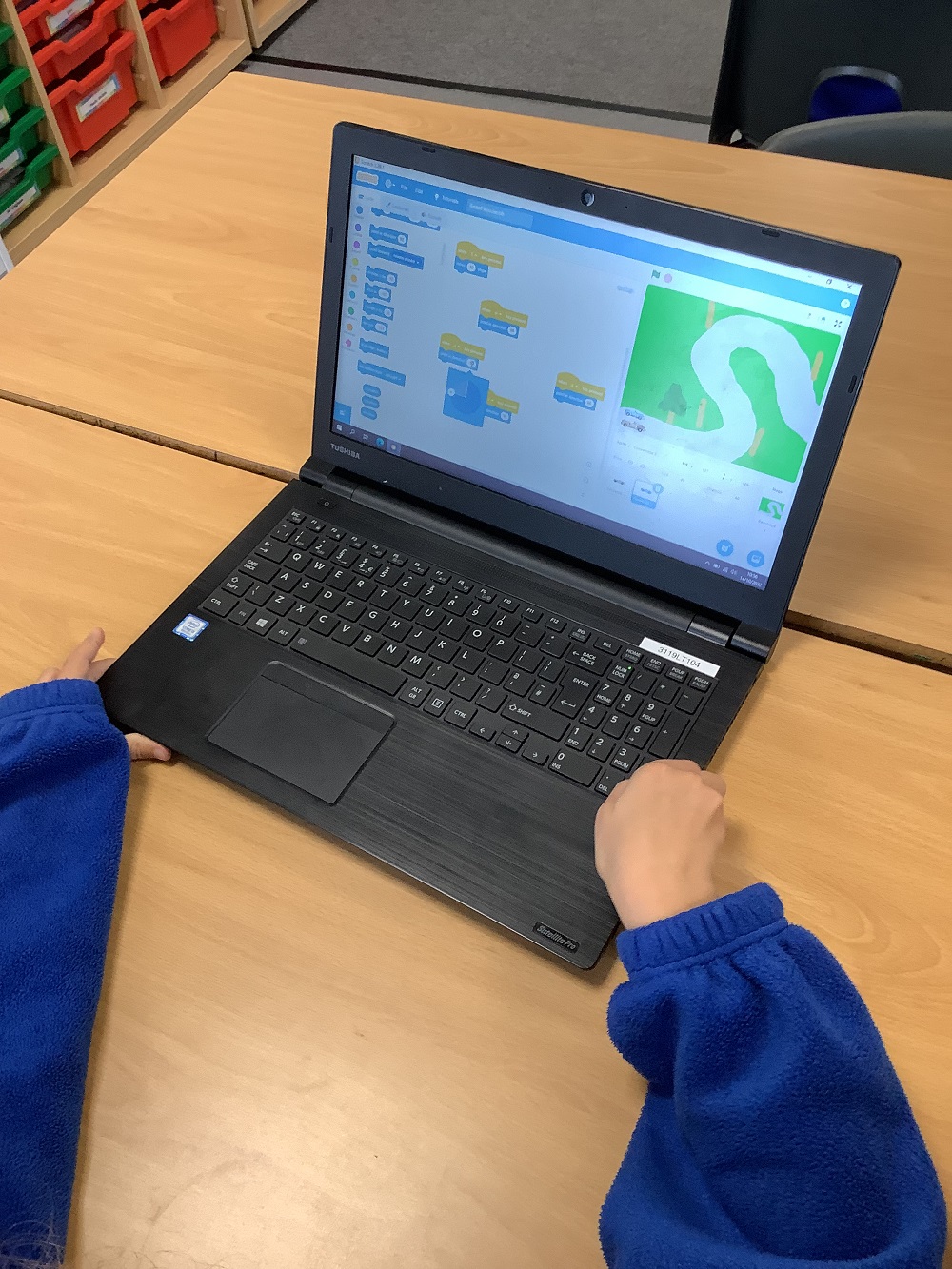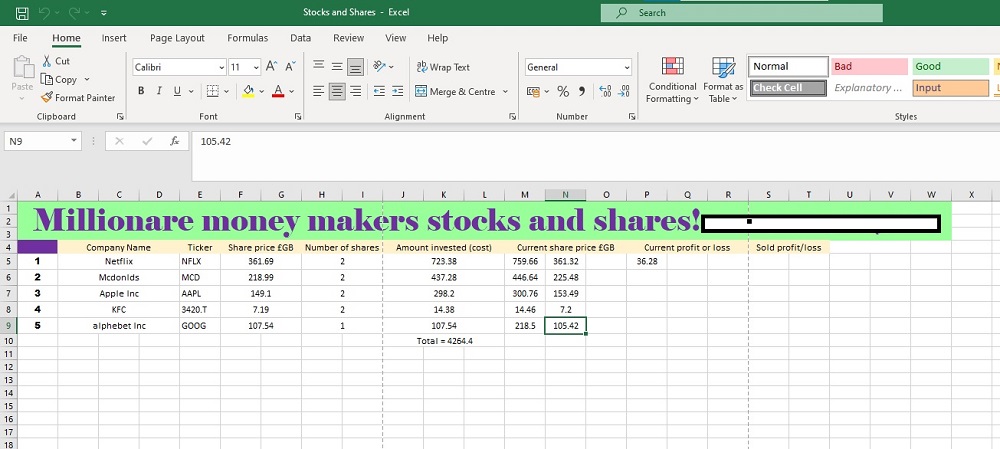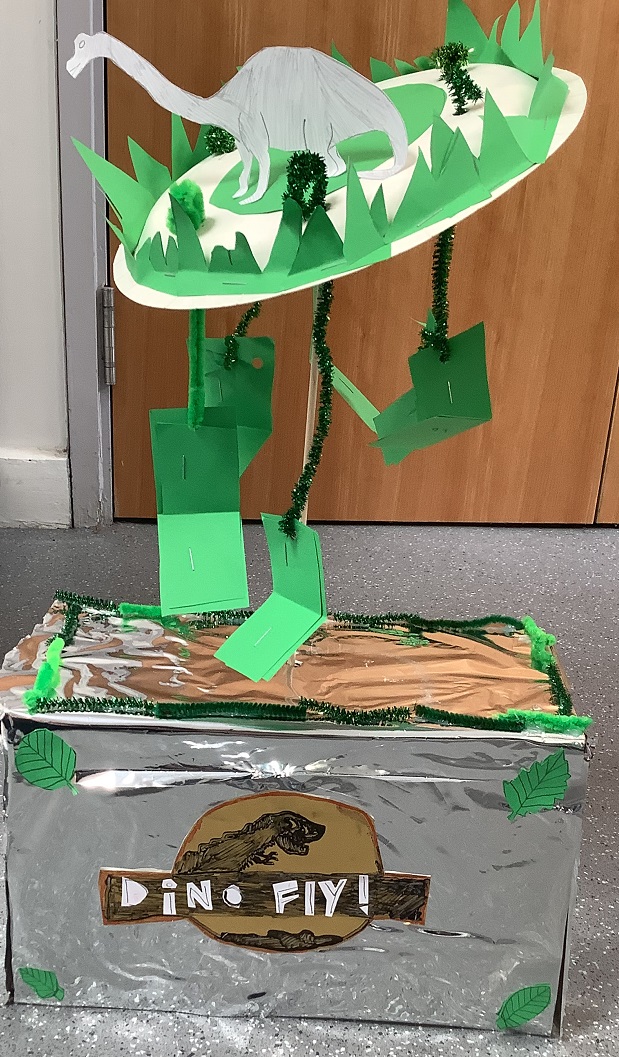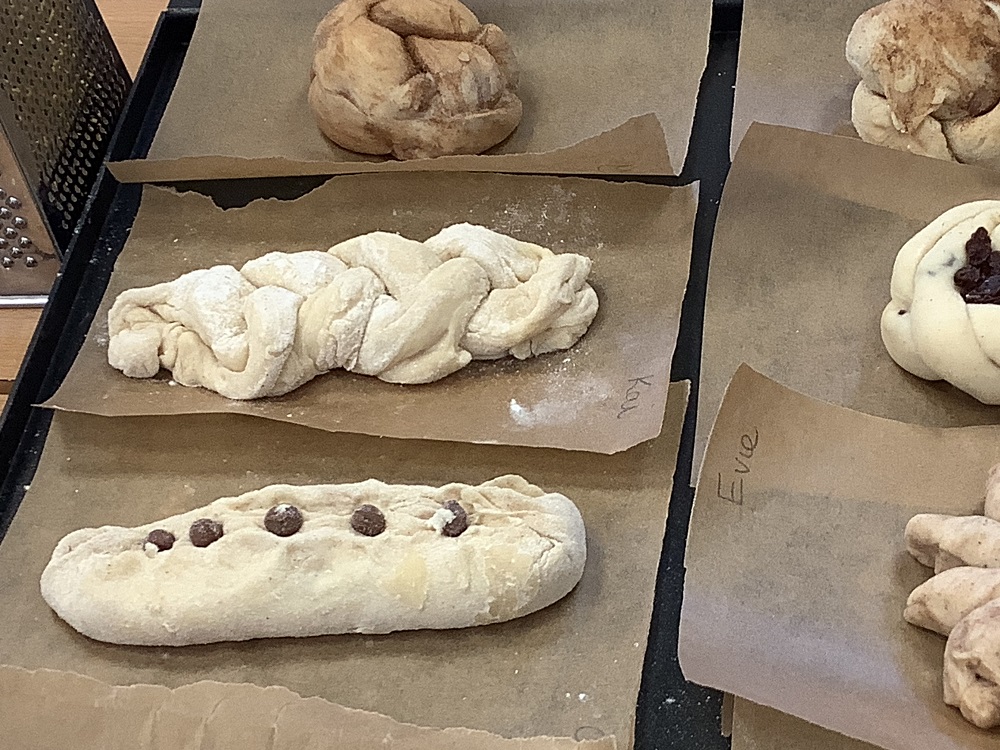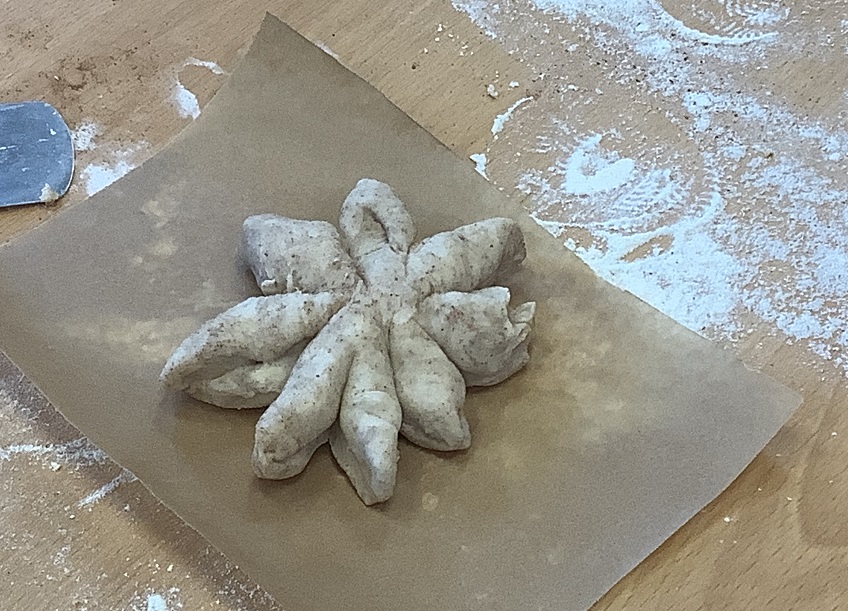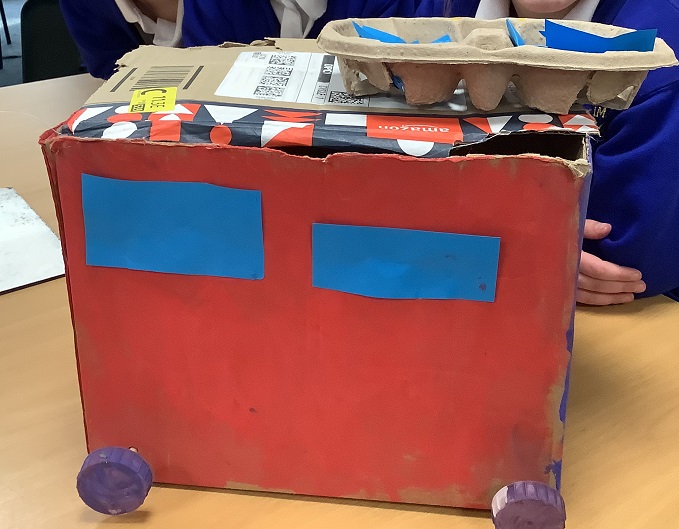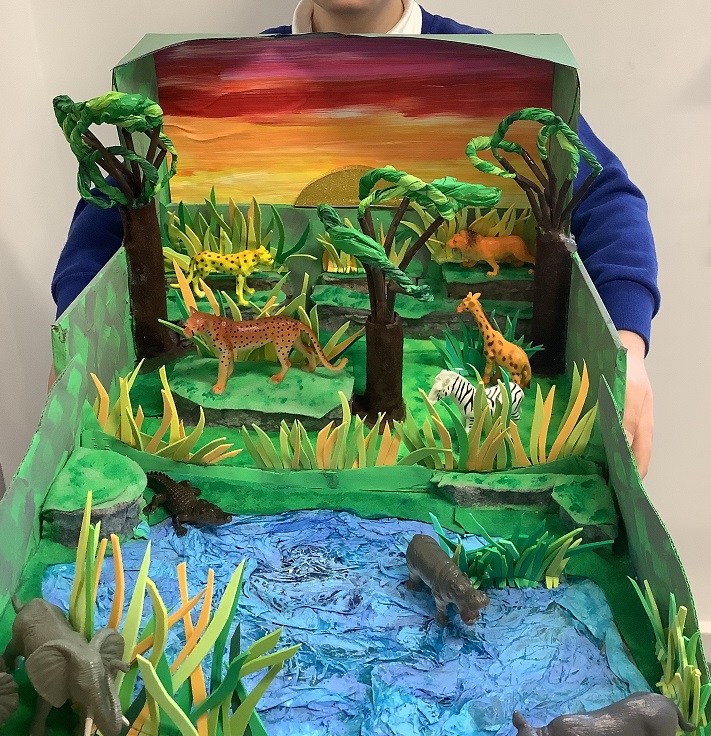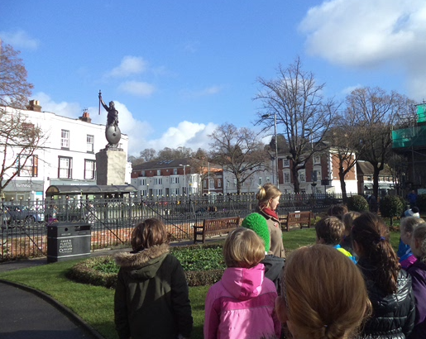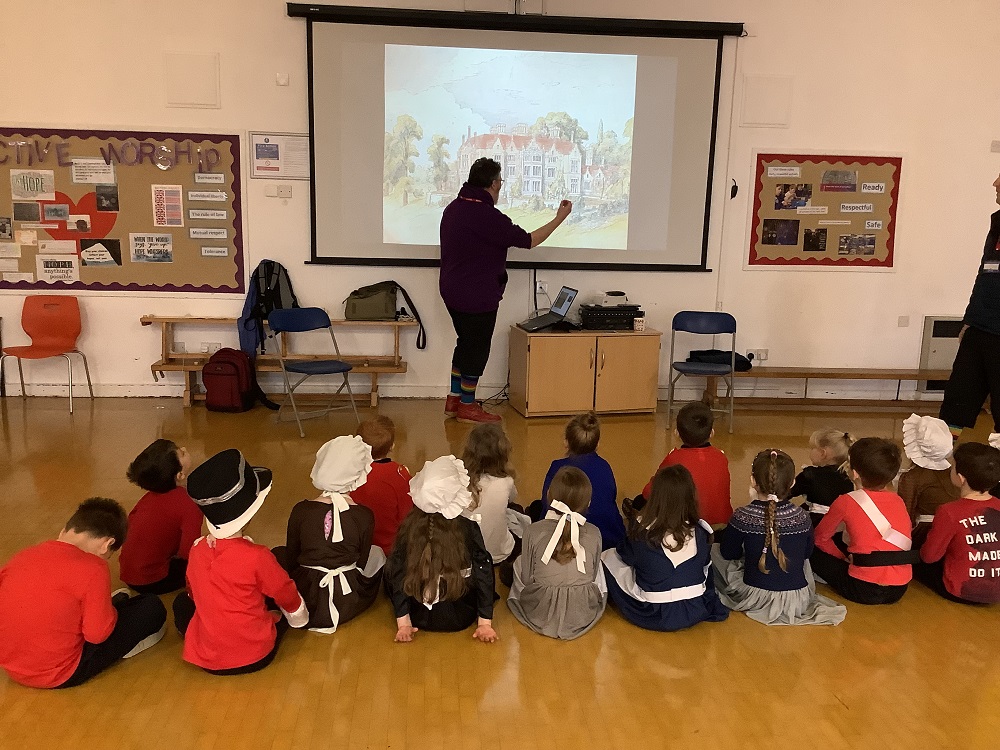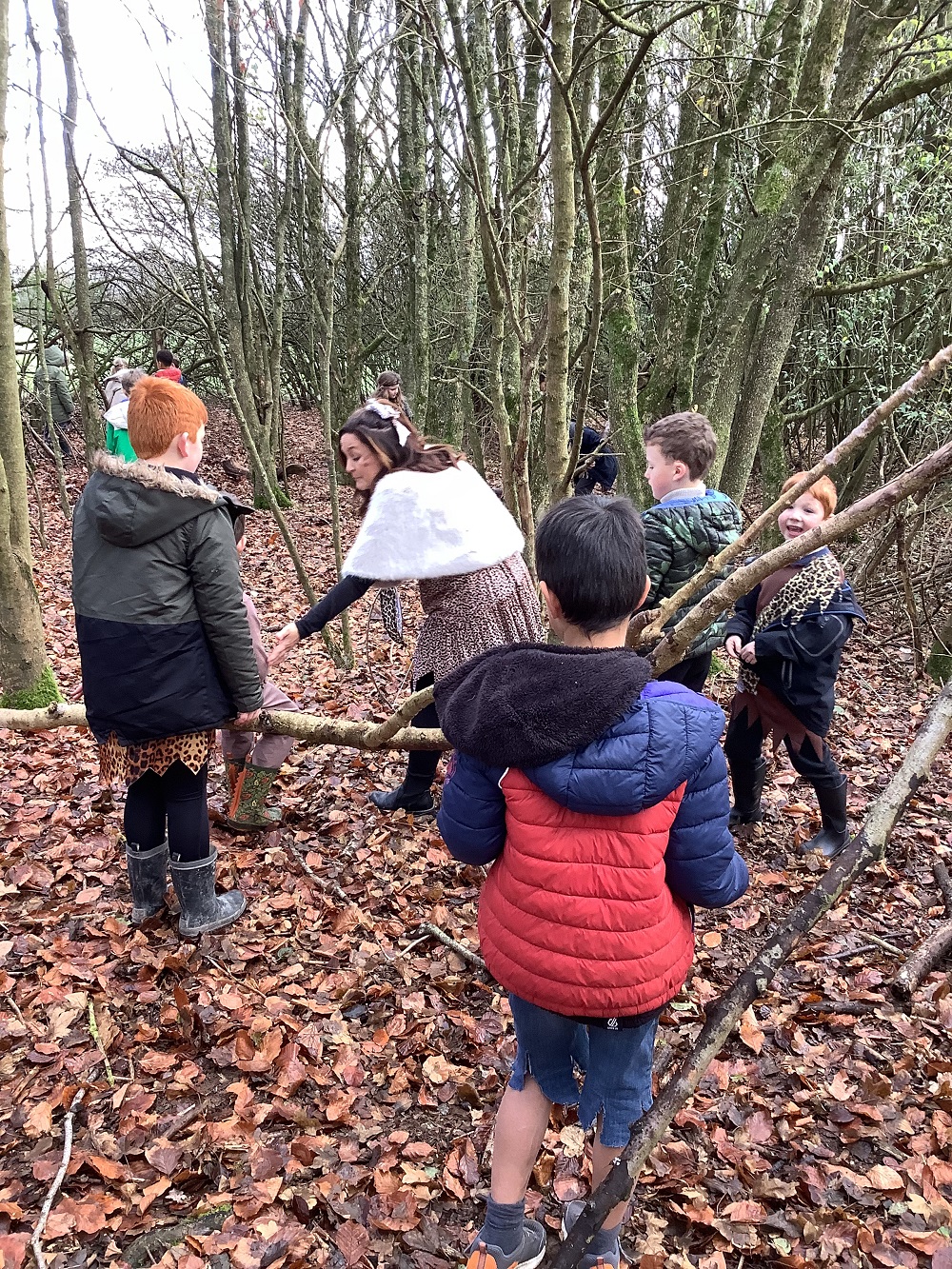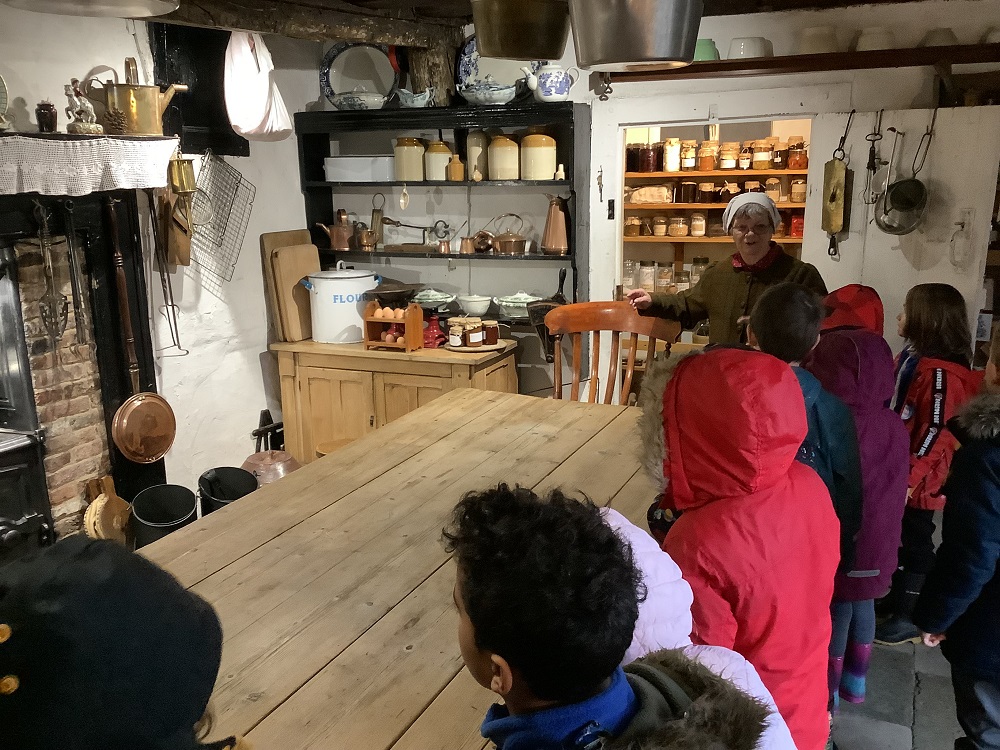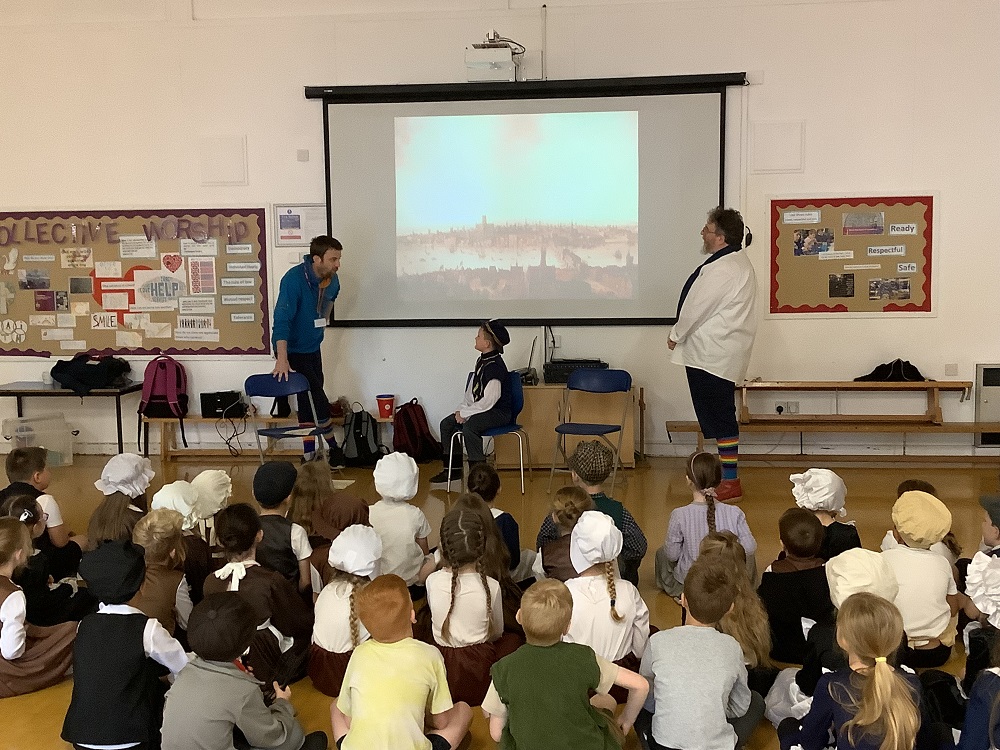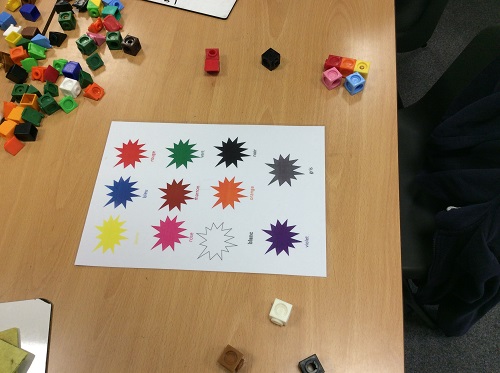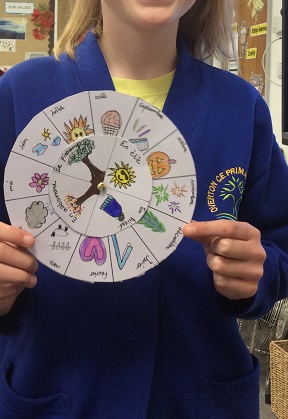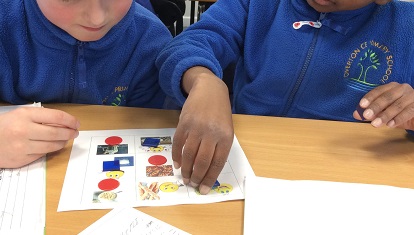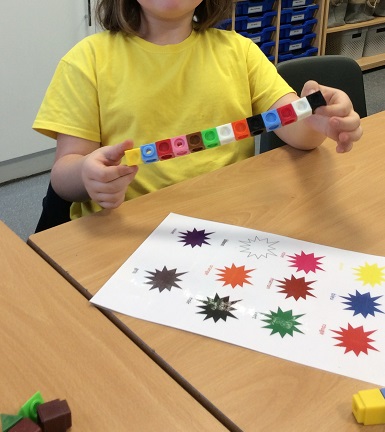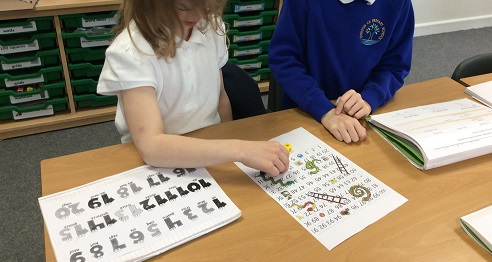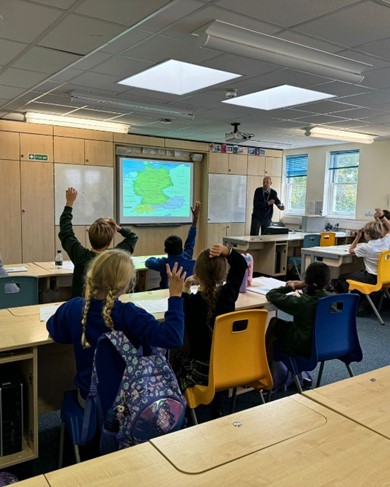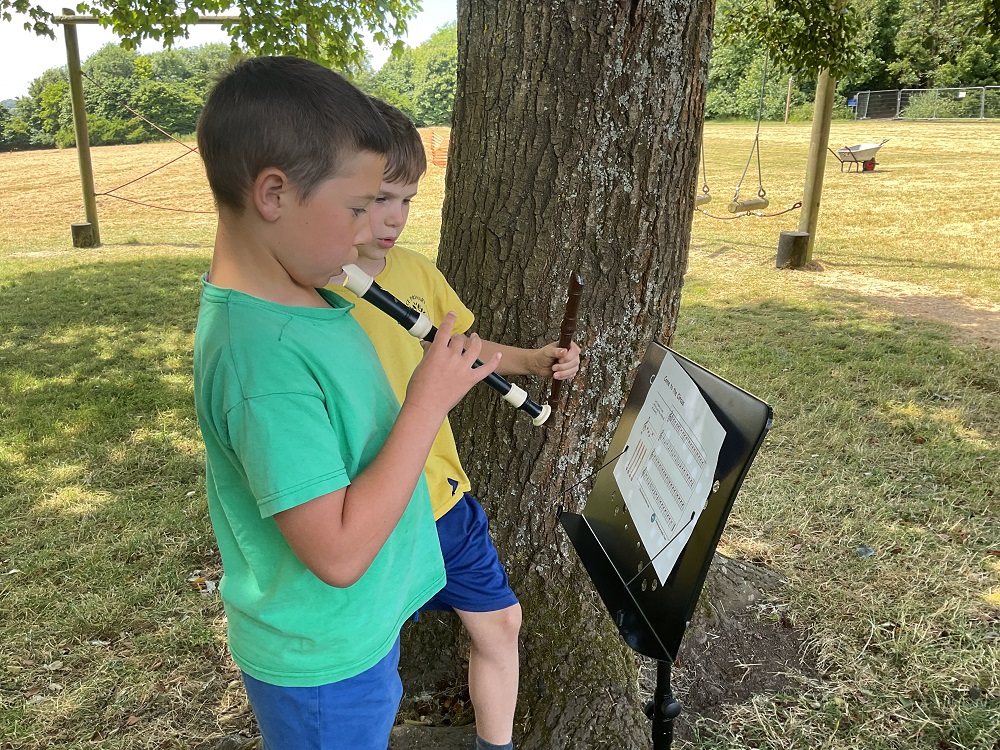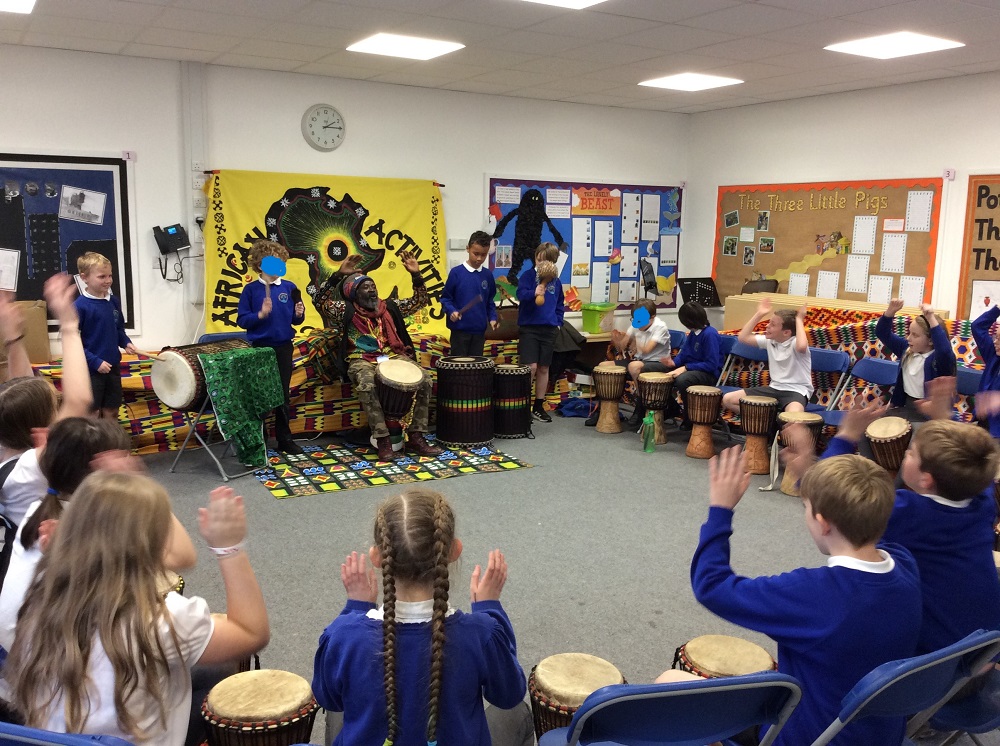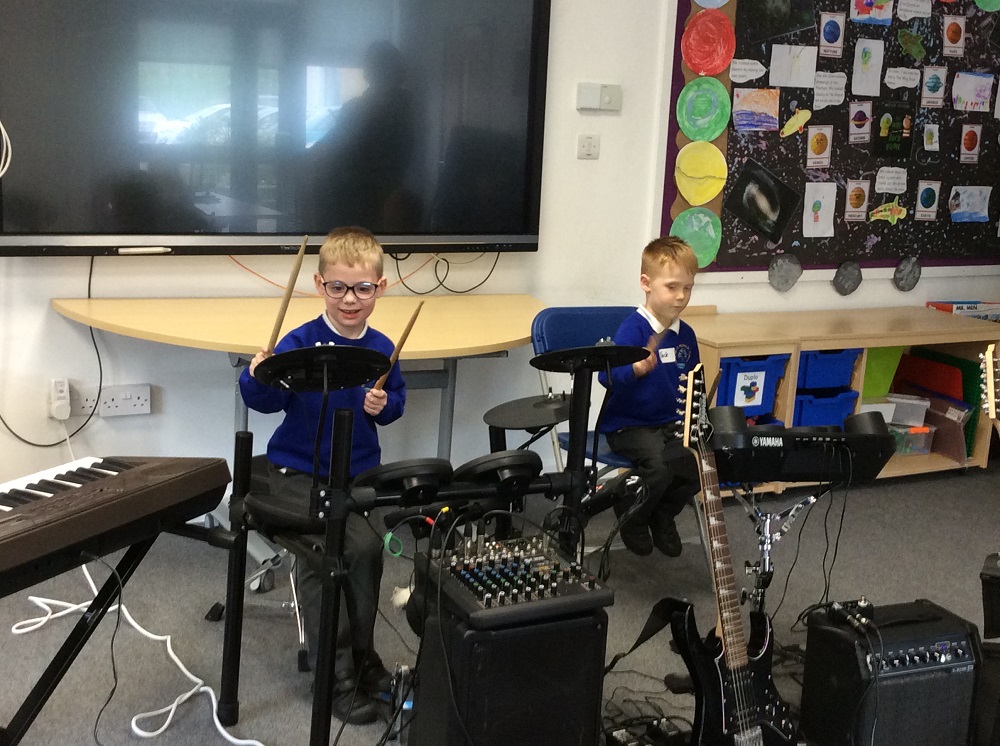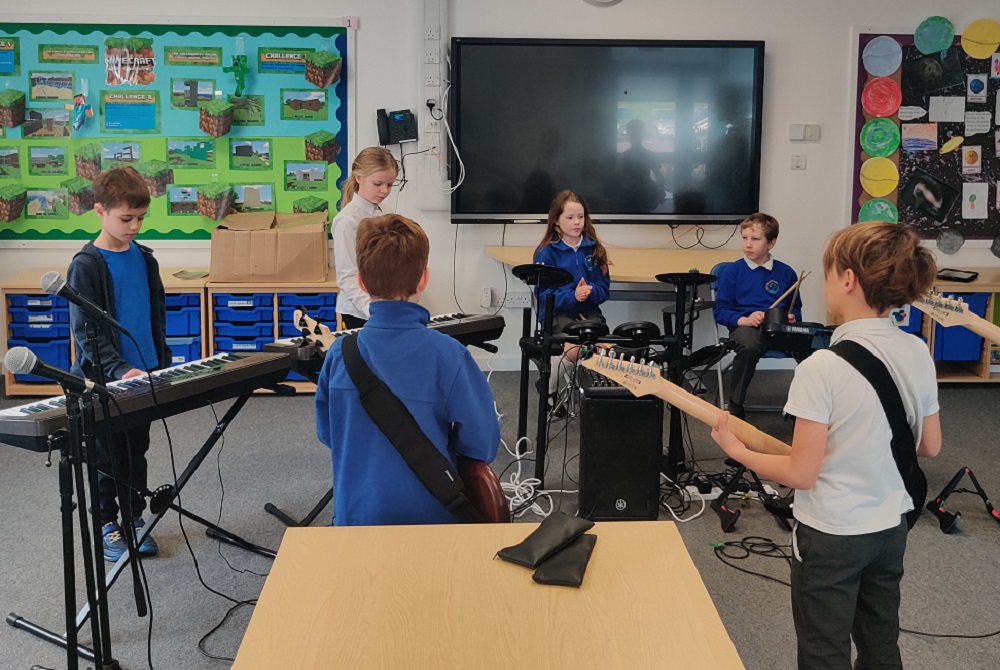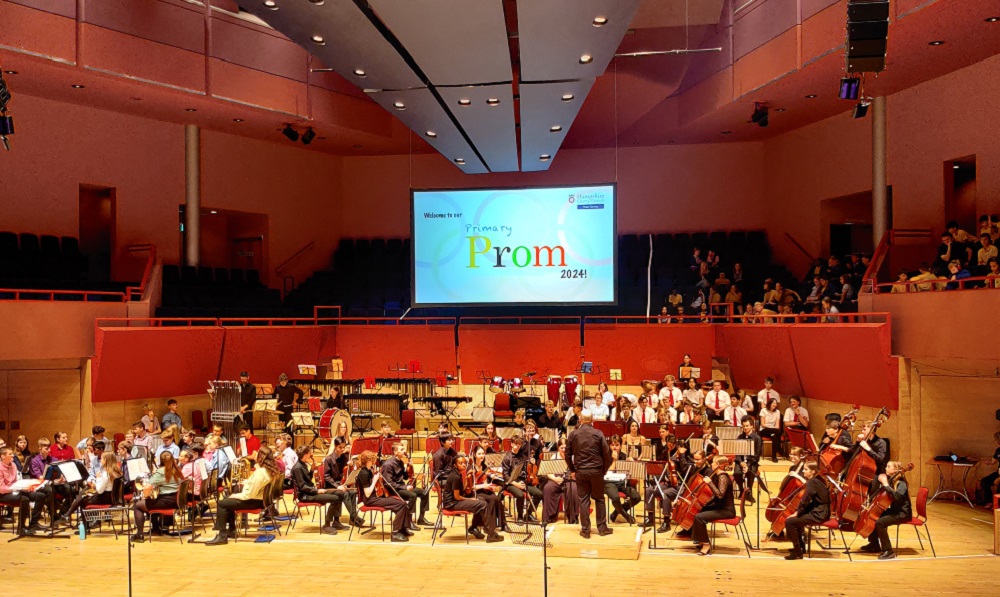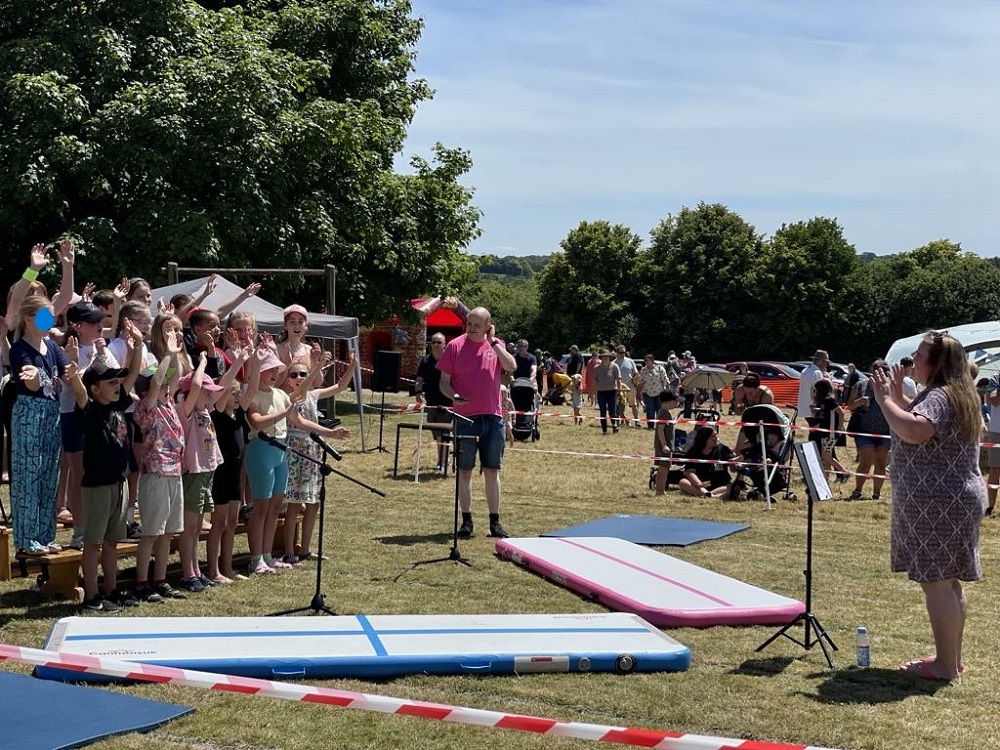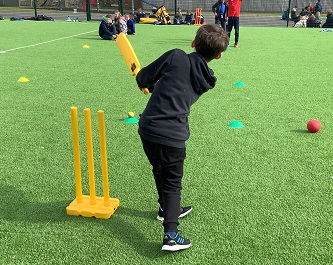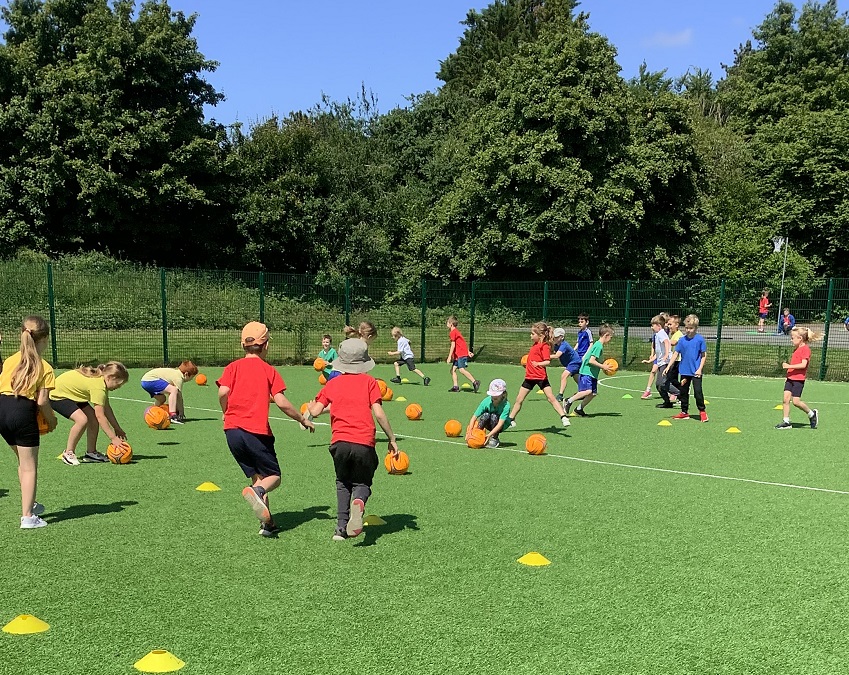Our Curriculum
|
It is our aim that children are encouraged and challenged to develop to their true potential in a vibrant and exciting learning environment. Through our vision of Excellence for All and our core Christian values of Love, Hope and Faith, we strive to develop an enthusiasm for learning and a desire for the whole school community to achieve their best. These values are shared by the staff, governors and children and affect all that we do and how we do it! All adults who work in our school mirror our expectations and ethos. The uniqueness and individuality of each child is also a key feature of our curriculum. At Overton CE Primary School, we continually strive to improve the provision for our children and to develop authentic relationships. It is our aim that children learn from each other and our high expectations for behaviour and learning are shared with them. The school aims to serve its community by providing an education of the highest quality within the context of Christian belief and practice. It encourages an understanding of the significance of faith, and promotes Christian values through the experience it offers to all its children. At Overton, we are committed to providing relevant, first-hand learning and purposeful experiences for all of our pupils. Overton provides a highly inclusive environment. Pupils at all levels are helped to achieve their learning goals. All of our children are challenged and encouraged to expand their skills and knowledge through rich and varied curriculum opportunities. Every child is recognised as a unique individual. We celebrate and welcome differences within our school community. Look below to find out more detail about learning and the curriculum at Overton CE Primary School and do not hesitate to contact us if you require any more information. Curriculum and Learning Statement 2024Click here to read our Curriculum and Learning Statement. Curriculum Learning OverviewsTo view the curriculum overviews for each year group click here. Reception and Early LearningThe Year R Curriculum is a blend of:
The role of the adult is always to "Extend" through direct teaching or well-timed interventions. Key questions to consider when planning any learning:
Curriculum Documents:
A Curriculum for OvertonOpportunities to use the school grounds, our village and local areas all enrich the curriculum
Orienteering using our school site Local village fieldwork and study
Invited visitors Awe and Wonder Learning in our school grounds SportSport plays an integral part of our curriculum and pupils are introduced to a huge variety of activities. Traditional sports such as netball, hockey and football are complimented by cricket, running, athletics, tag rugby, dance and gymnastics. Giving sport a focus at Overton has engaged many children, including children with SEND. We invest in high quality CPD for our staff and in utilising the skills of sports coaches and our community to further enhance our provision. Our recently installed all-weather MUGA (multi-use games area) provides year-round access to a great space to exercise and play sport. We've even been visited by national athletes and sportspeople. See our Whole School Events page for more details on these visits.
The ArtsOur school also values The Arts – providing quality opportunities for pupils to share their creative talents. In addition to our Arts Curriculum, our annual Arts Week provides all our children with the opportunity of working with an artist.
We provide rich and purposeful opportunities for our children to perform in school, at the local Church and other community events. Our Year 5 children also perform in a theatre working as part of the Shakespeare for Schools National Charity and we provide an opportunity for children to participate in Young Voices at the O2 annually. Religious Education and Personal, Social and Health EducationLiving Difference IV is the new agreed syllabus for religious education for use in all Hampshire maintained schools. We will be planning and implementing the syllabus from January 2022 onwards. Living Difference IV describes an approach for teaching, seeking to explain the educational value not only of children engaging with new material intellectually, but also of them becoming better able to discern what is desirable for their own lives, and with others, for the world. Informed by current educational research, as well as research into religion and world views, it builds on the approach to religious education used in Hampshire, Portsmouth and Southampton since 2004. This revision demonstrates the ongoing and fruitful partnership that exists between the four authorities, ensuring a syllabus capable of securing high-quality religious education for all children and young people who encounter it, at this point in history. Religious Education Curriculum Documents
HeartSmart was launched across the whole school in the Autumn term of 2019 and is a systematic
English: Phonics, Reading & WritingOur vision and intent for English is to:
The enjoyment and lifelong benefits of reading have been central to the learning culture at Overton CE Primary. The Oxford Reading Tree provides the core spine of reading in the school and runs alongside the teaching of phonics. We use All Aboard Phonics which is a systematic synthetic phonics (SSP) programme completely designed around the new criteria set by the DfE in March 2021. Children also have access to a selection of banded books to complement the reading scheme books in order to provide variety and breadth. Independent reading for sustained periods is encouraged to help children develop fluency and to become self-reliant readers. A selection of supporting phonics-based books ensure books are appropriately matched to children’s current reading and phonics level. Carefully chosen rich texts provide the stimulus for speaking, listening, drama, reading and writing. Children are encouraged to share and discuss their understanding of books through a dialogic approach where all children’s ideas and opinions are valued. We have implemented a cognitive acceleration programme, "Let's Think in English", which promotes dialogue and discussion around a stimulus in order to develop comprehension, understanding and reasoning.
Children’s reading skills are also developed through focused reciprocal reading sessions with the teacher. Children's fluency is developed through echo reading, paired reading and whole-class teacher modelling.
Curriculum Documents MathematicsOur vision and intent for Maths is to:
Overton CE Primary uses White Rose Education Primary Maths programme in order to instil a deeper understanding of mathematical concepts using a full range of fun, inspiring classroom activities. We follow progressive and logical step-by-step schemes of learning. A wide variety of supporting material covers all the essential topics in key stage 1 and key stage 2 timetables, the four operations, basic decimals and fractions, percentages, number system use and more. The mastery approach to the subject is a research-driven teaching and learning method that meets the goals of the National Curriculum. In summary, a mastery approach…
At the heart of our mastery approach is the Concrete Pictorial Abstract (CPA) approach. Research shows that when children are introduced to a new concept, working with concrete physical resources and pictorial representations leads to a better understanding of abstract concepts. We use CPA throughout our schemes of learning.
We understand that not all children learn at the same rate or can access the same learning activities so teachers use ongoing assessment in order to adapt teaching and learning. Scaffolds, learning tasks, resources, adult support, modelling and worked examples are some of the adaptations made by teachers to ensure all children are challenged and to meet their needs. Curriculum Documents |
|
Health and Wellbeing
Mental health is a state of wellbeing in which every individual realises his or her own potential, can cope with the normal stresses of life, can work productively and fruitfully, and is able to make a contribution to her or his community. (World Health Organization) Health and Wellbeing should encourage children to explore and clarify their beliefs, attitudes and values; develop personal and interpersonal skills and increase their knowledge and understanding of a range of health issues. Health and Wellbeing is not the responsibility of any one teacher or subject, but is best addressed through contributions from a range of teachers in a number of curricular areas. This school is committed to the health and wellbeing of everyone here and we will work together with parents and the local community to enable children to make healthy informed choices. Our vision and intent is to:
We pursue this aim using both universal, whole school approaches and specialised, targeted approaches aimed at vulnerable children. We work hard to support children with social, emotional and mental health needs. Staff use a variety of methods for ensuring sound emotional health and wellbeing for children. These complement and reflect the overall aims and philosophy of the school. Our approach includes:
For more details, click here to read our Health and Wellbeing Policy. |
|
ScienceNEW UPDATED CURRICULUM DOCUMENTS WILL BE UPLOADED TO THIS SECTION SHORTLY Our vision and intent for Science is to:
Curriculum Documents
|
|
Art and DesignOur vision and intent for Art and Design is to:
Curriculum Documents ComputingOur vision and intent for Computing is to:
Curriculum Documents Design and TechnologyOur vision and intent for Design and Technology is to:
Curriculum Documents GeographyOur vision and intent for Geography is to:
Curriculum Documents HistoryOur vision and intent for History is to:
Curriculum Documents Modern Foreign LanguagesOur vision and intent for Modern Foreign Languages (French) is to:
Curriculum Documents
MusicOur vision and intent for Music is to:
Curriculum Documents Physical EducationOur vision and intent for Physical Education is to:
Curriculum Documents |
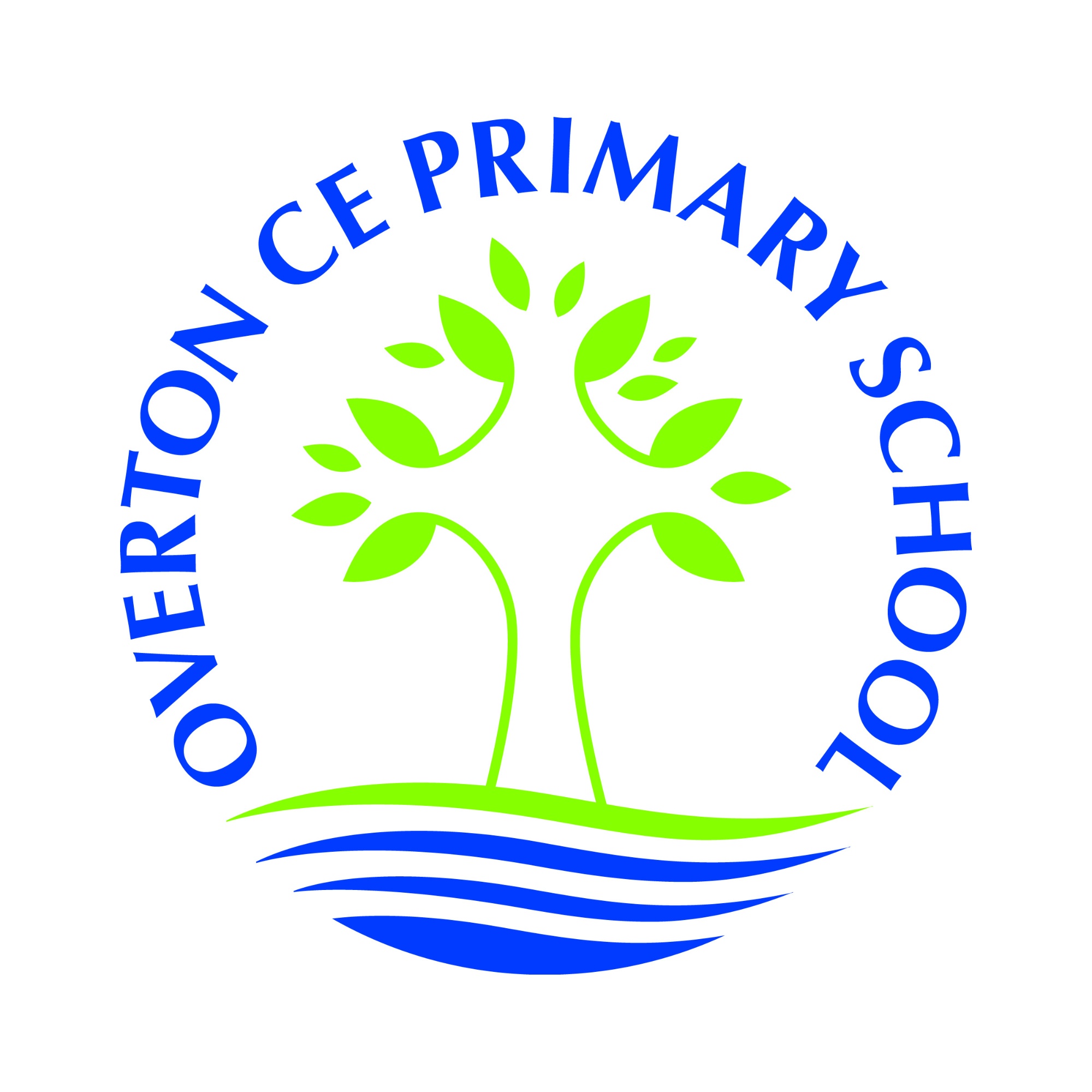
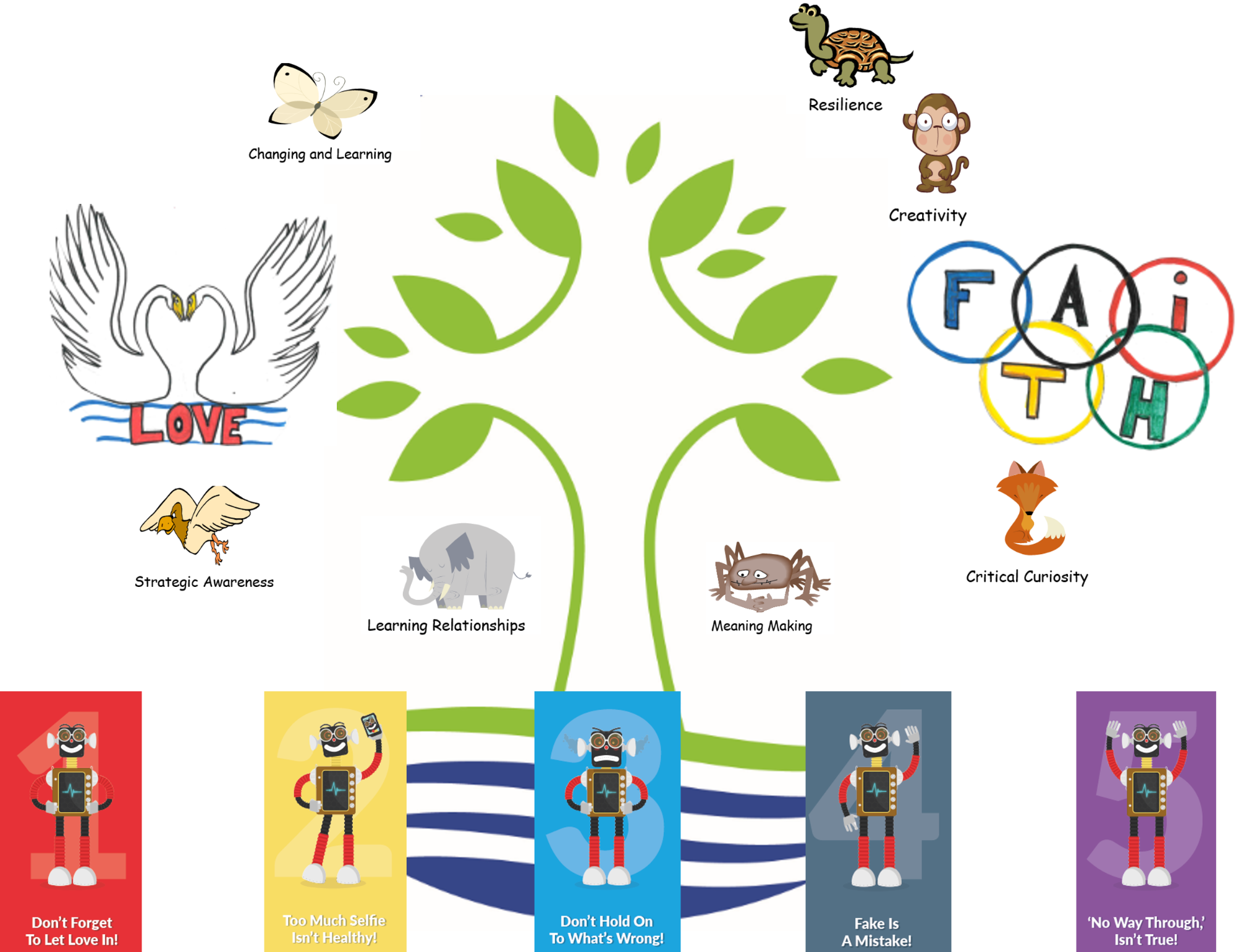
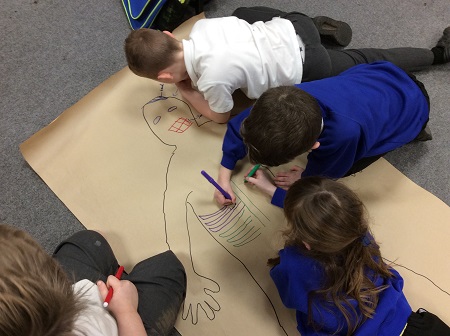
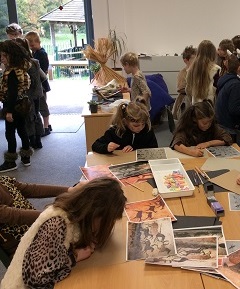
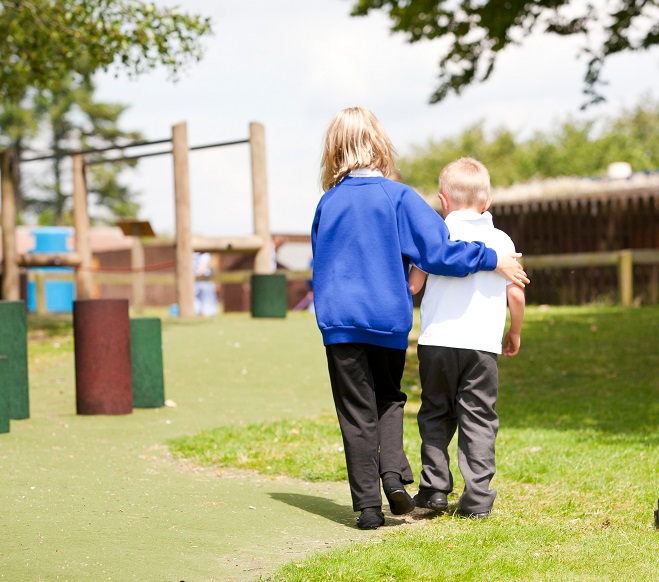
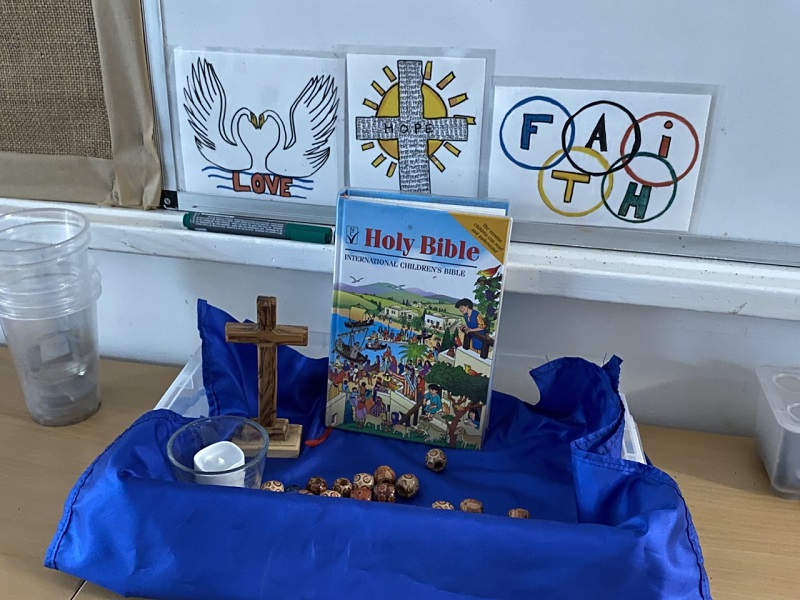
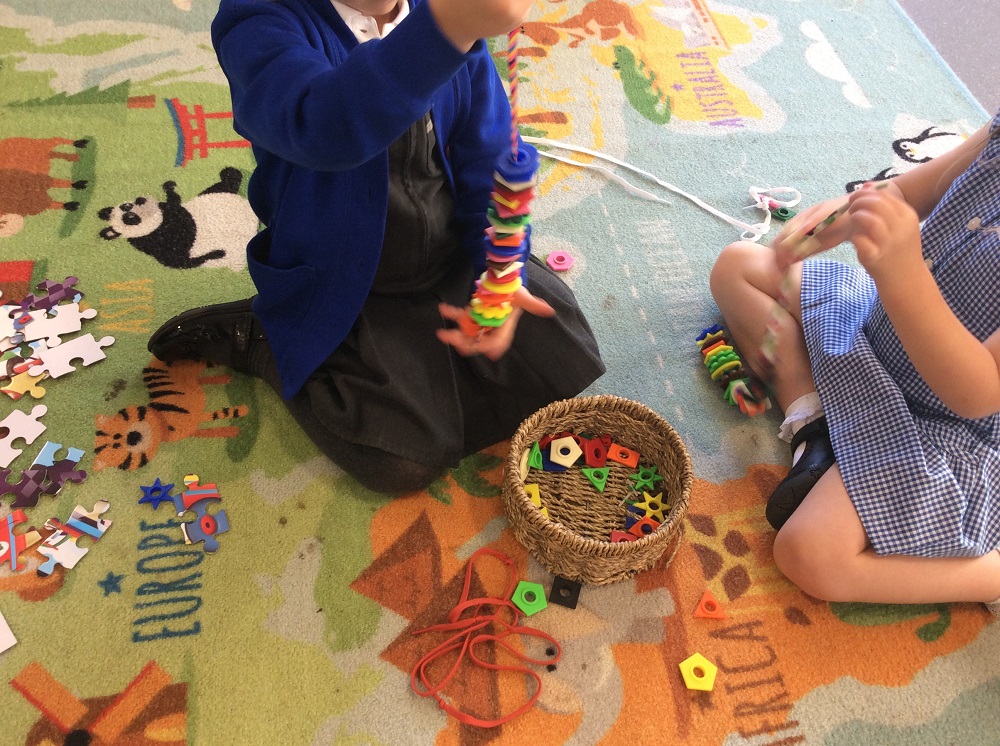
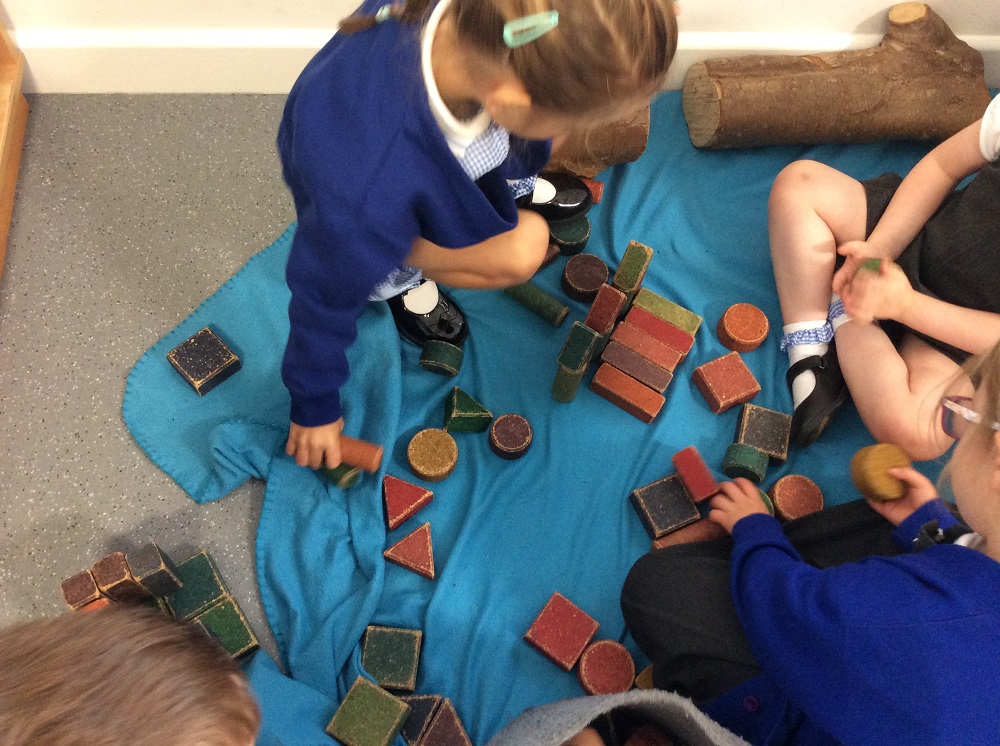
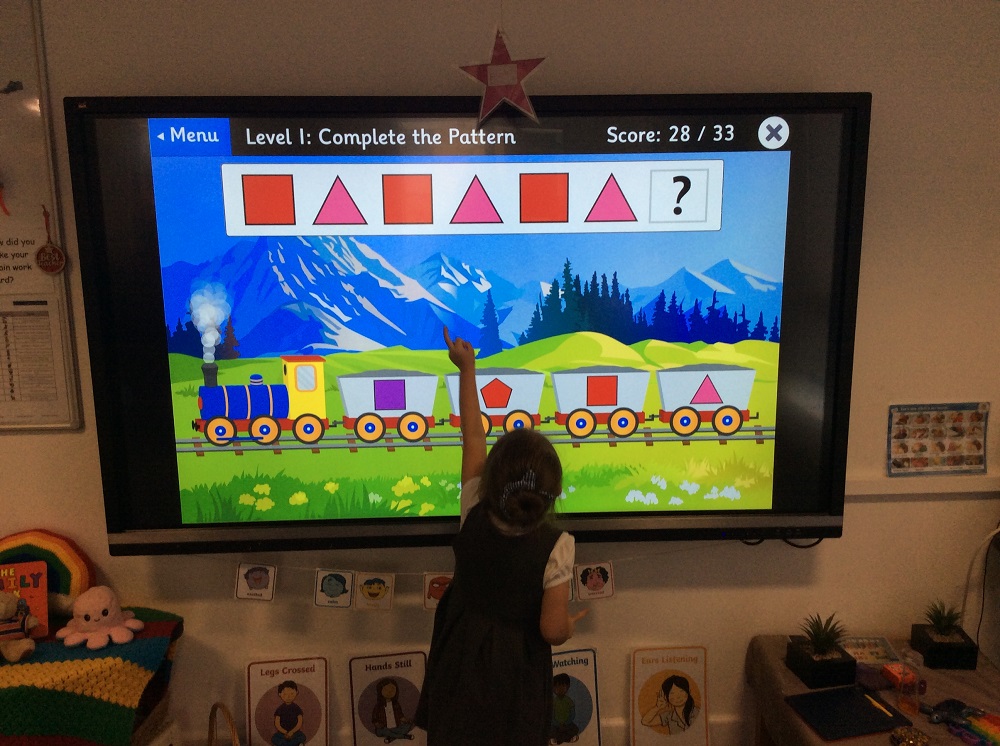
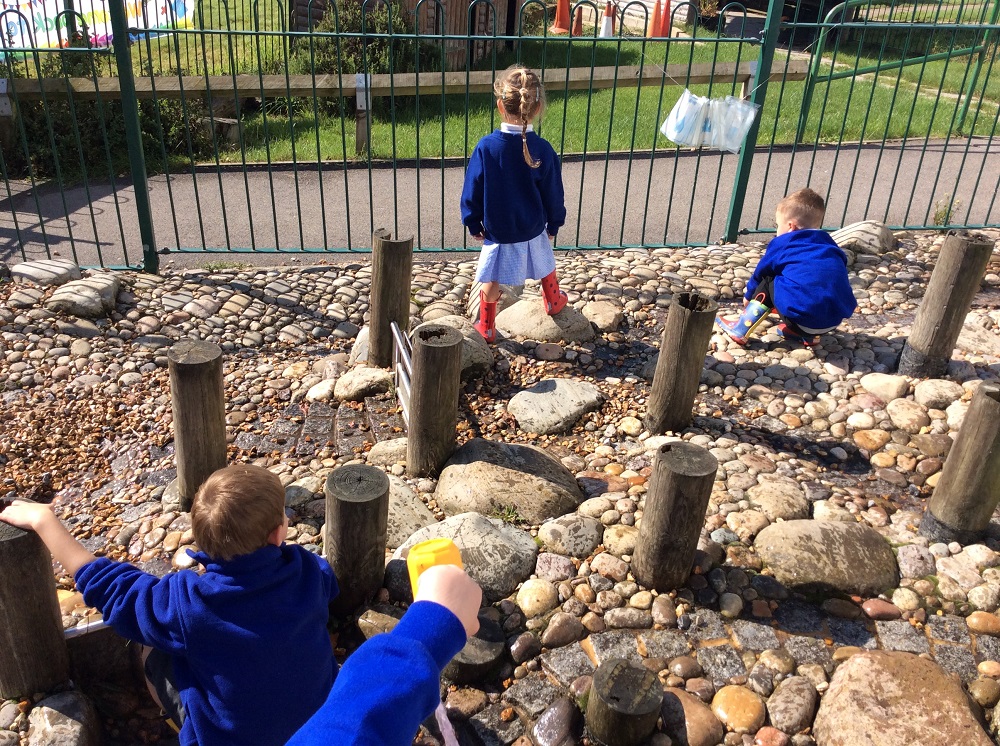
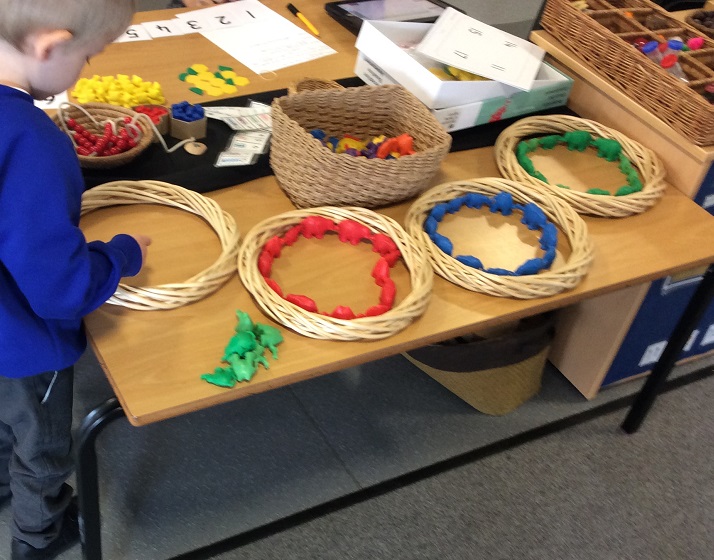
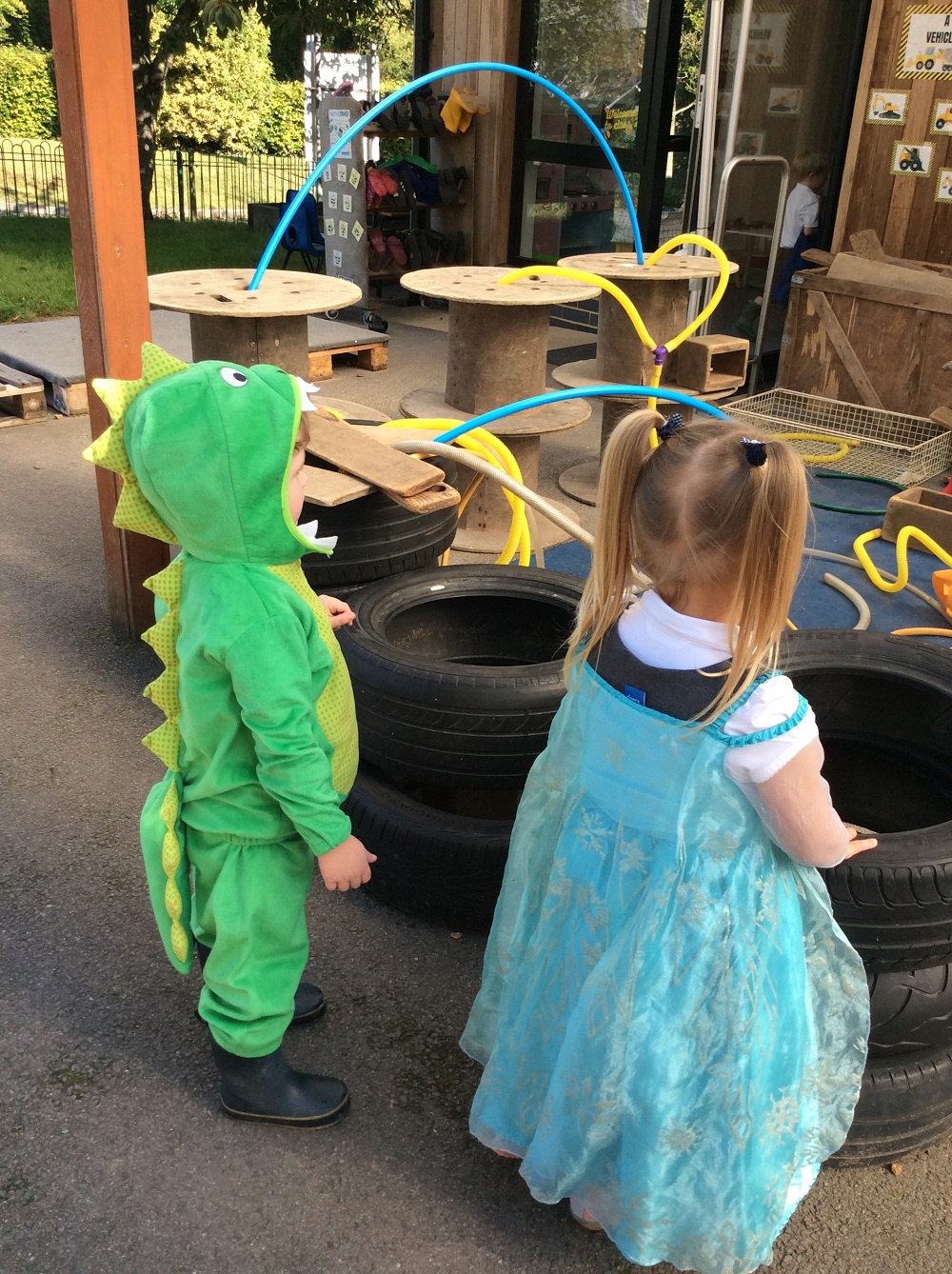
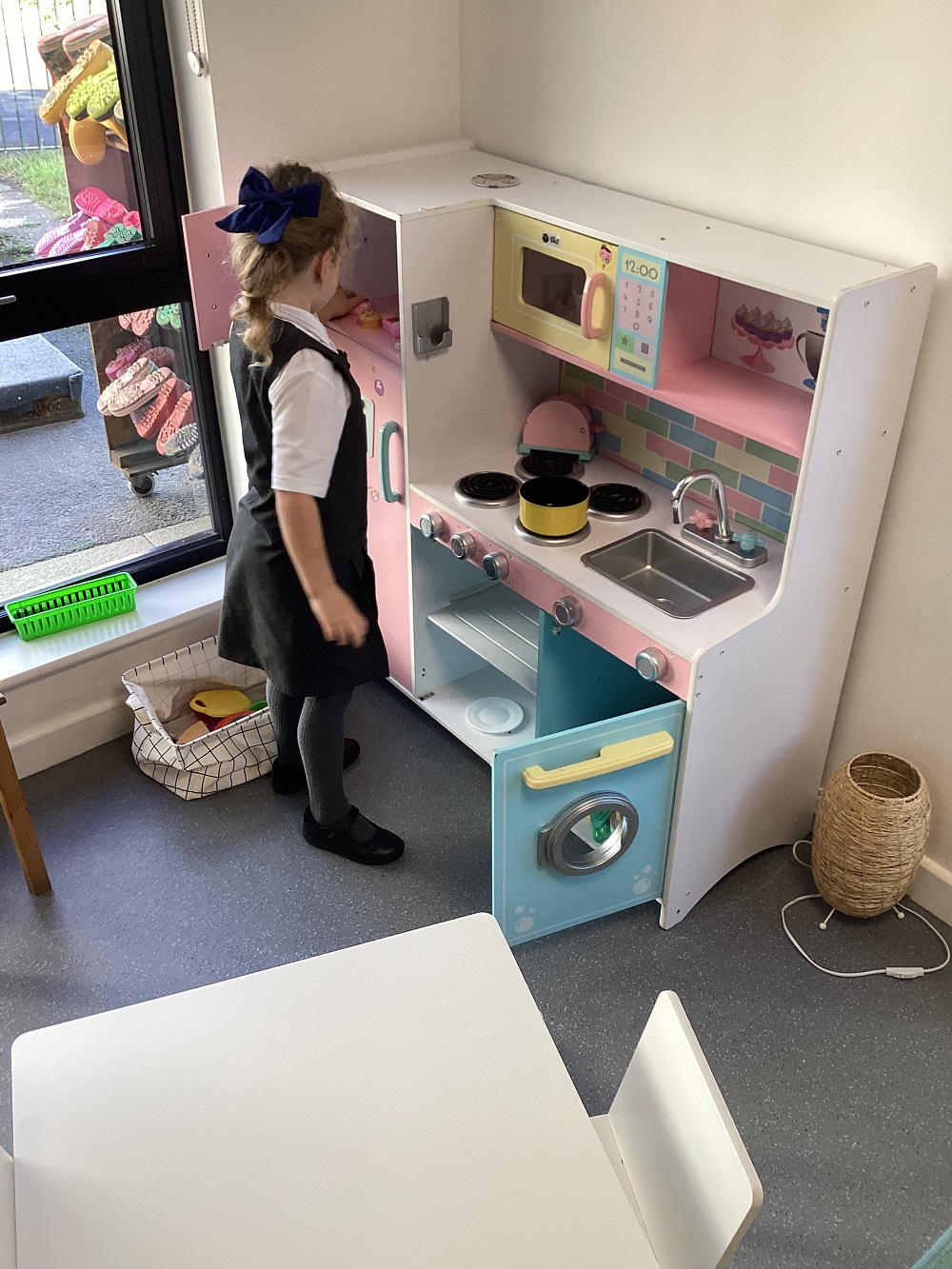
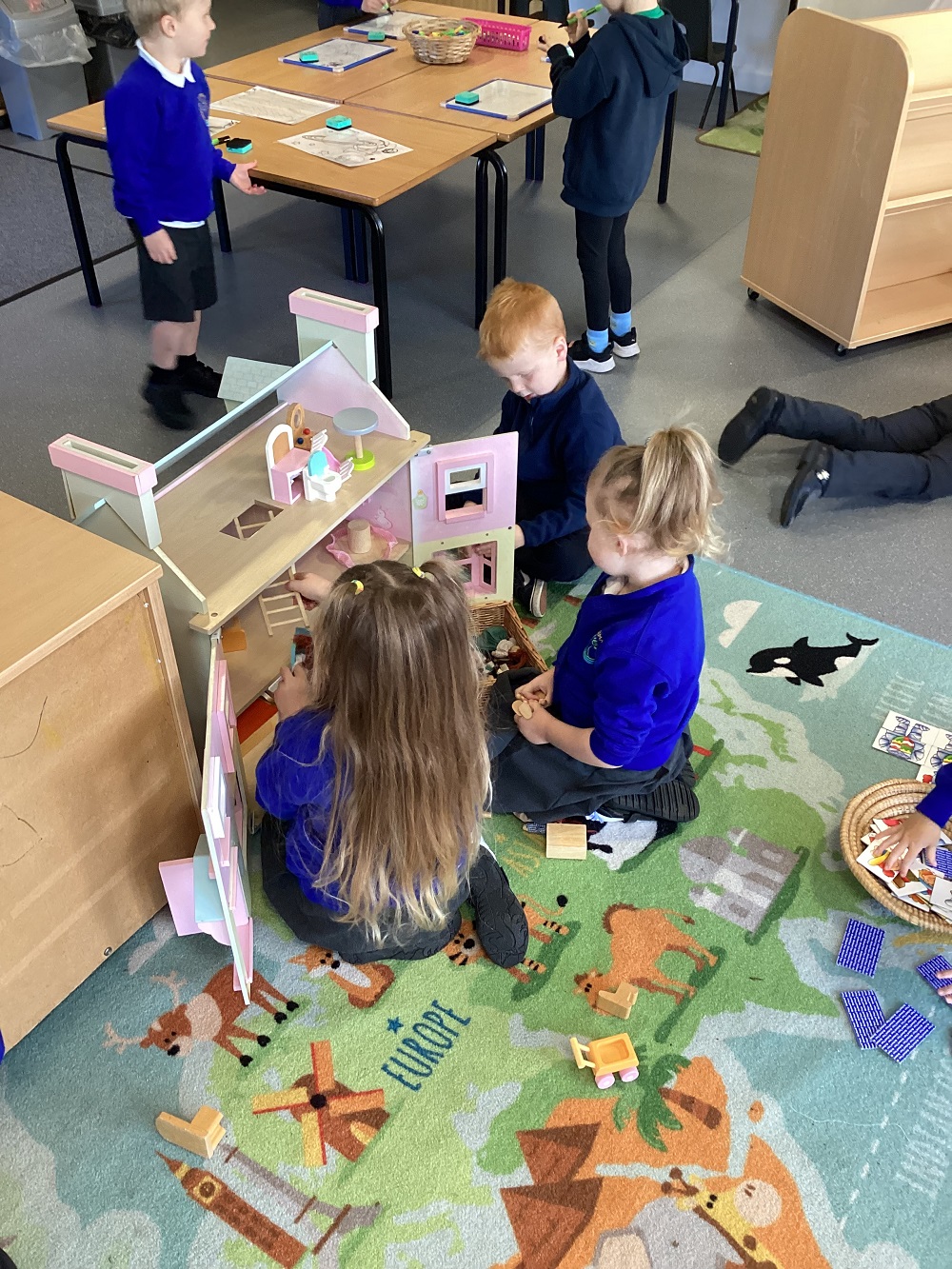
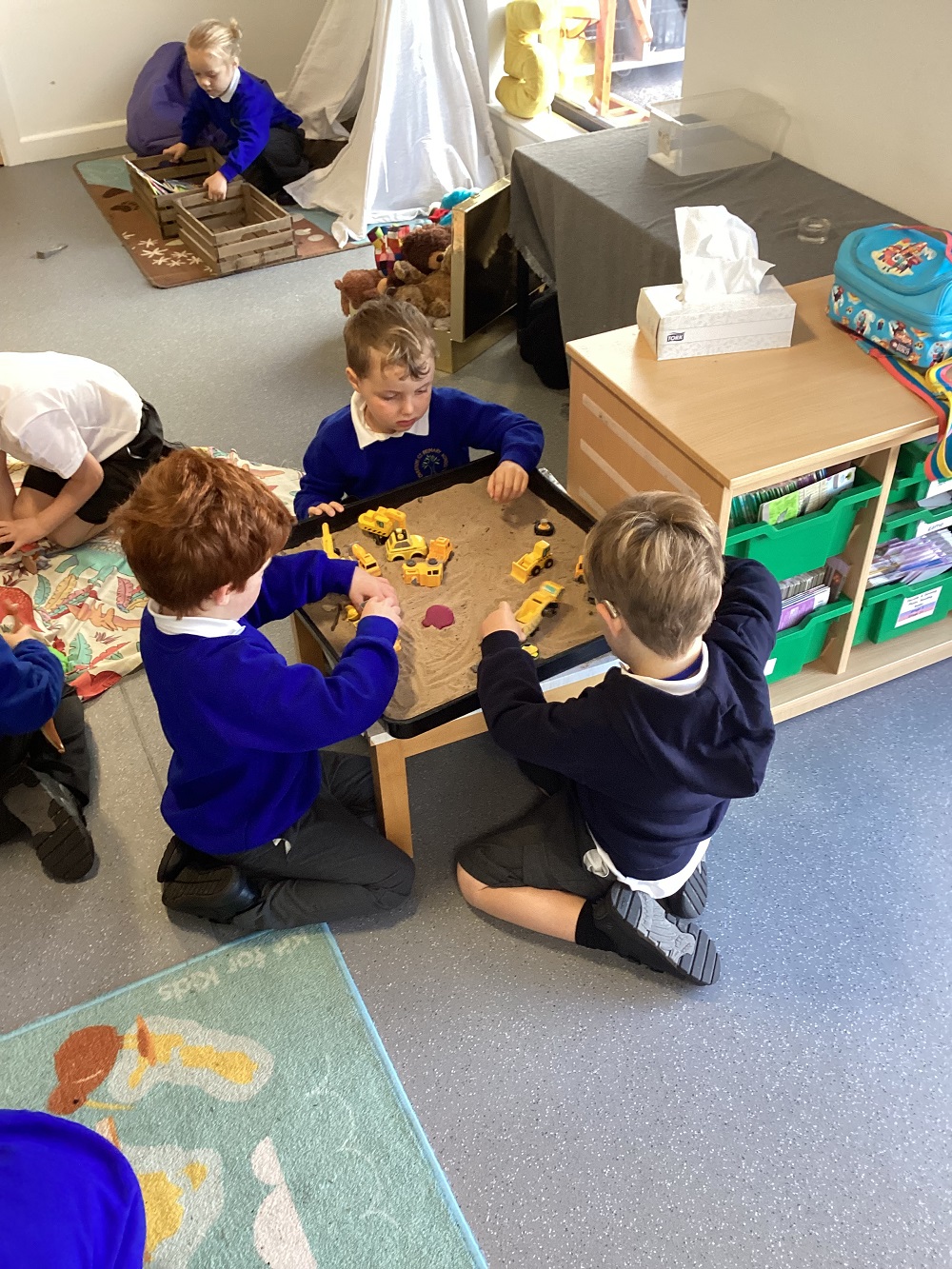
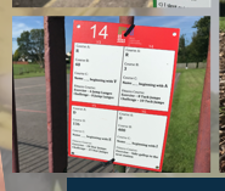
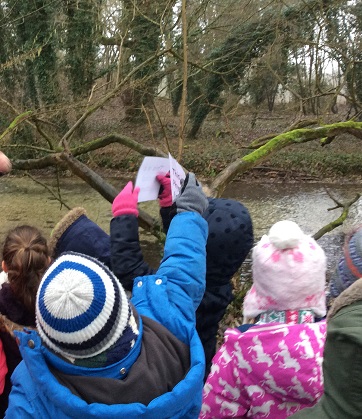
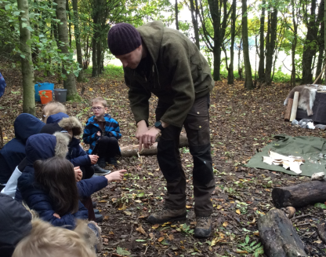
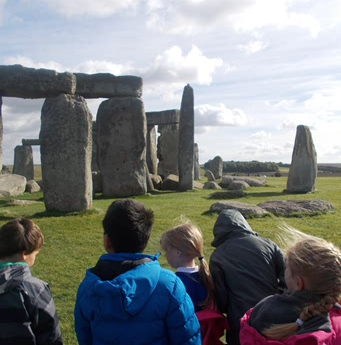
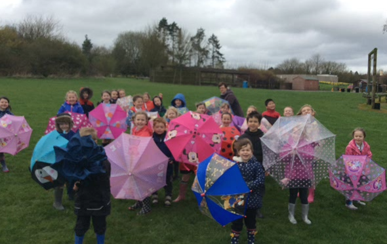
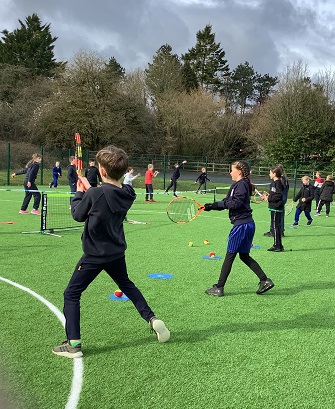
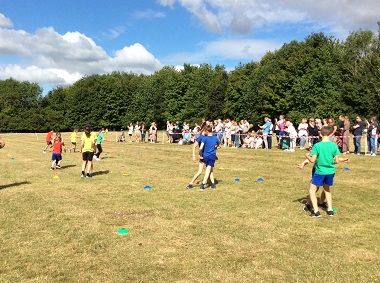
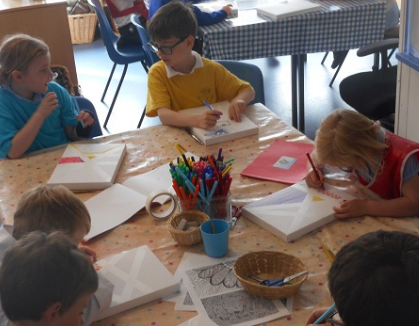
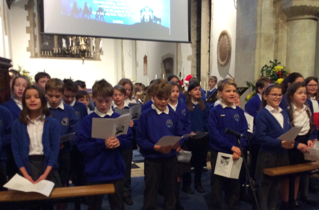
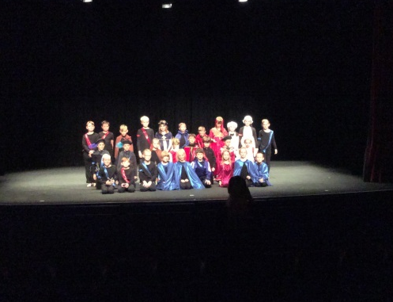
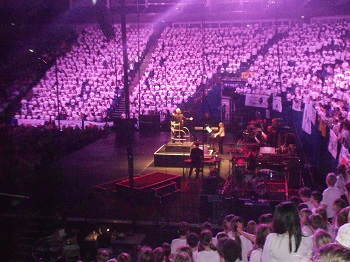
 approach to develop children’s resilience, wellbeing and healthy relationships. It is a fundamental aspect of our PSHE provision. It stresses learning how important, valued and loved we are and explores the importance of others and how to love them well. It develops understanding how to process negative emotion and choose forgiveness to restore relationships. It supports our RE curriculum and is one of the Church of England’s recommended resources. HeartSmart also meets the requirements of the new statutory Relationships and Health Education curriculum for primary schools. Click
approach to develop children’s resilience, wellbeing and healthy relationships. It is a fundamental aspect of our PSHE provision. It stresses learning how important, valued and loved we are and explores the importance of others and how to love them well. It develops understanding how to process negative emotion and choose forgiveness to restore relationships. It supports our RE curriculum and is one of the Church of England’s recommended resources. HeartSmart also meets the requirements of the new statutory Relationships and Health Education curriculum for primary schools. Click 